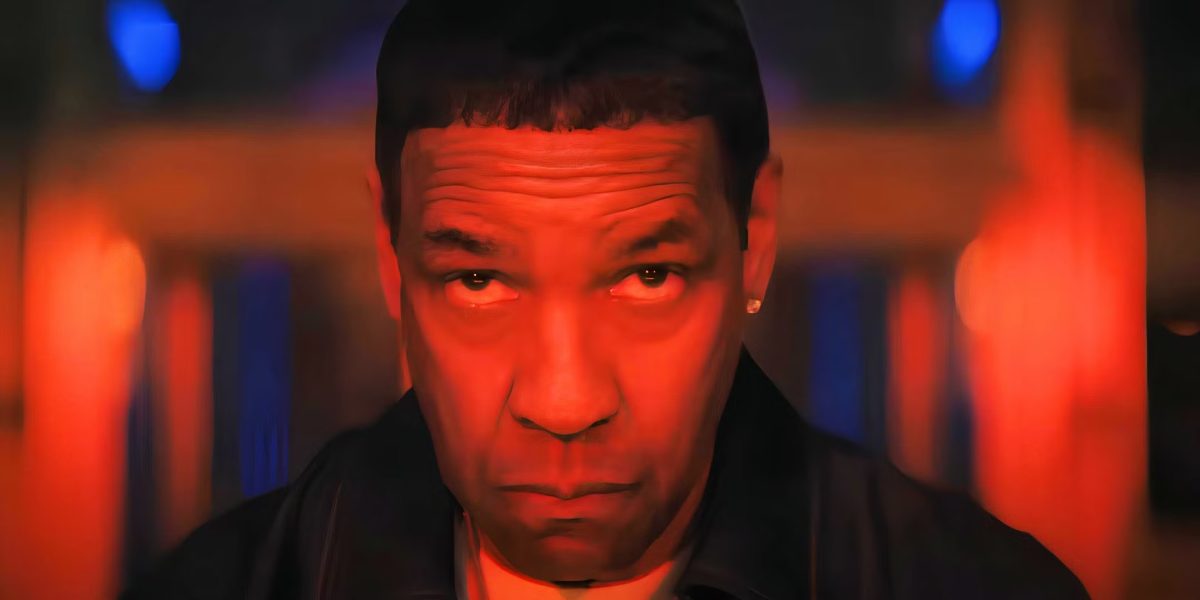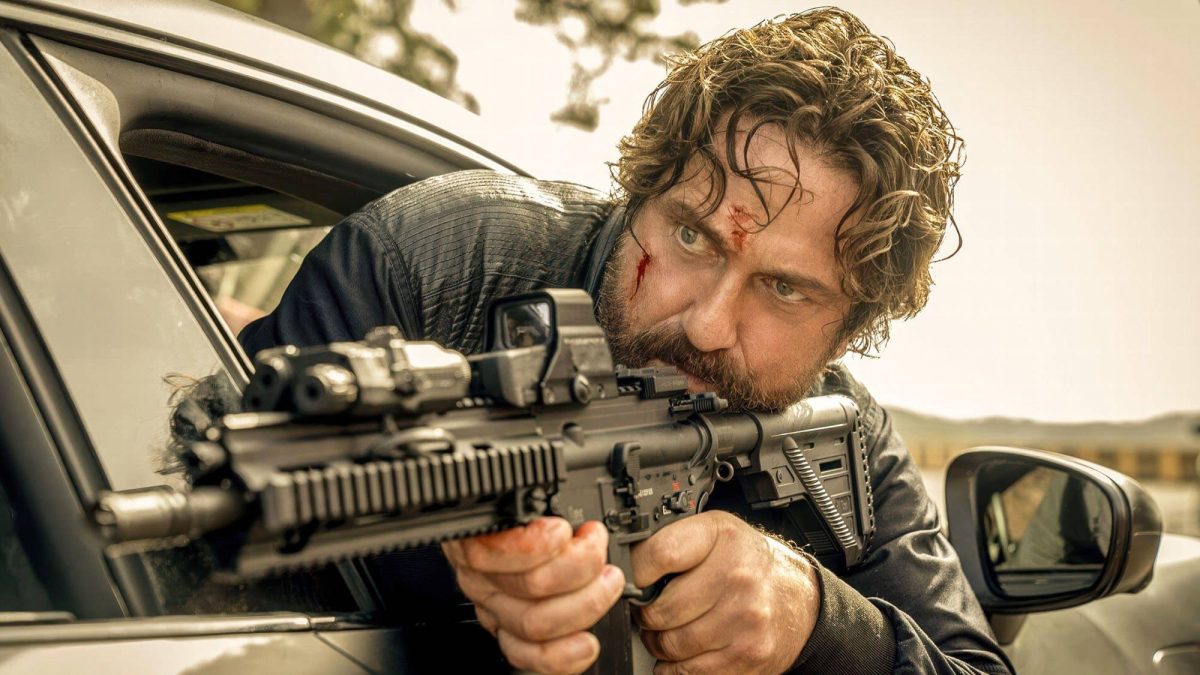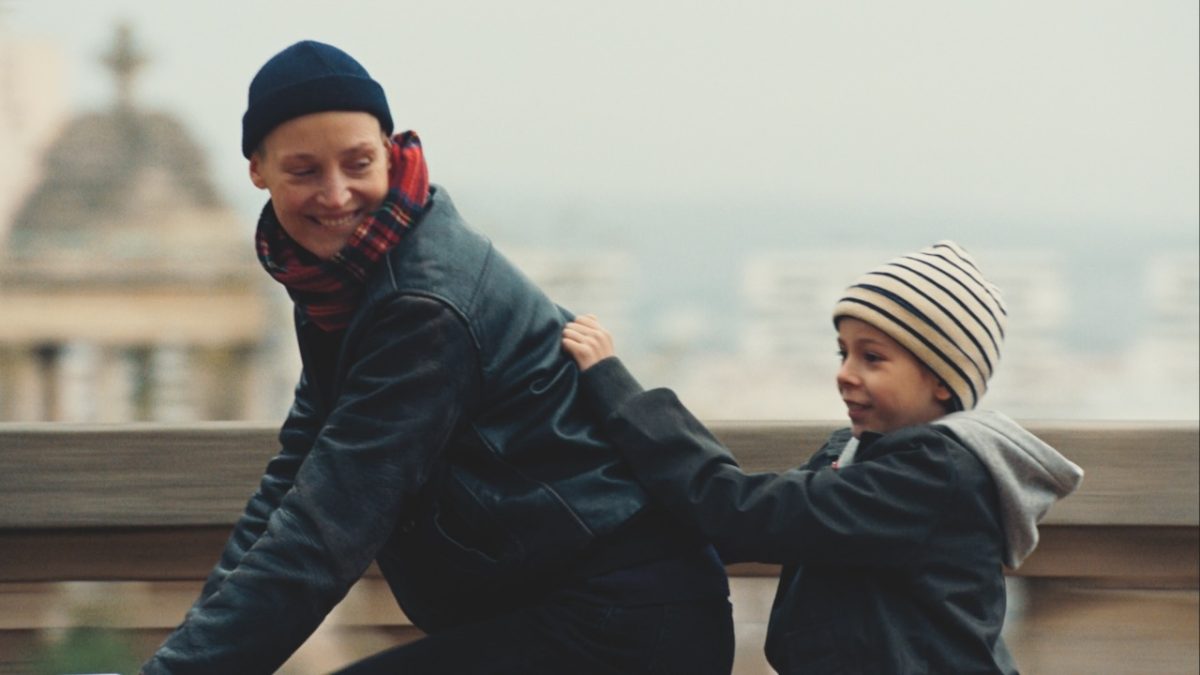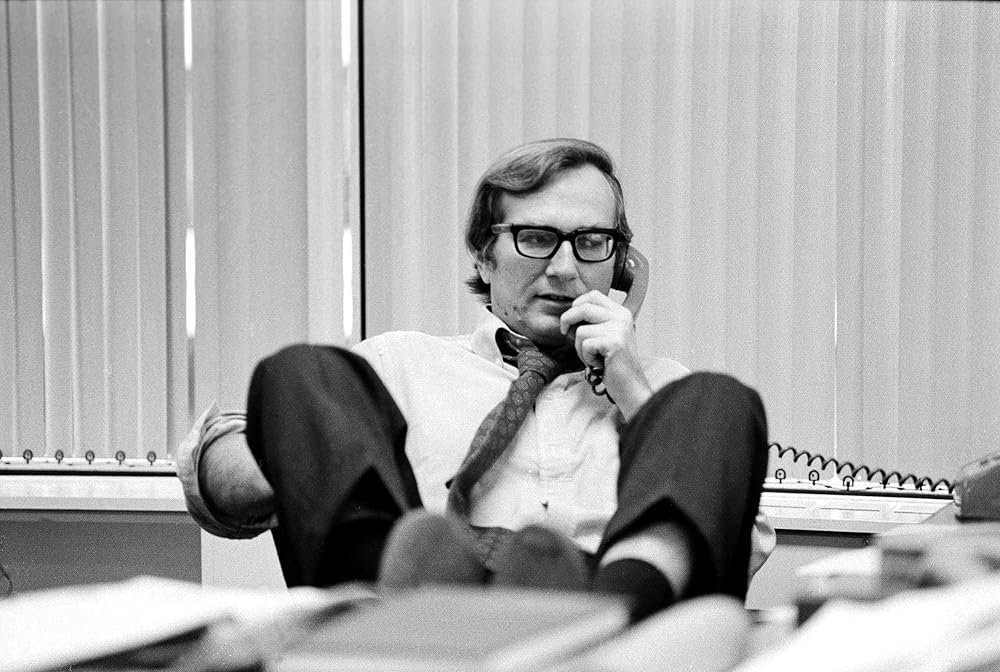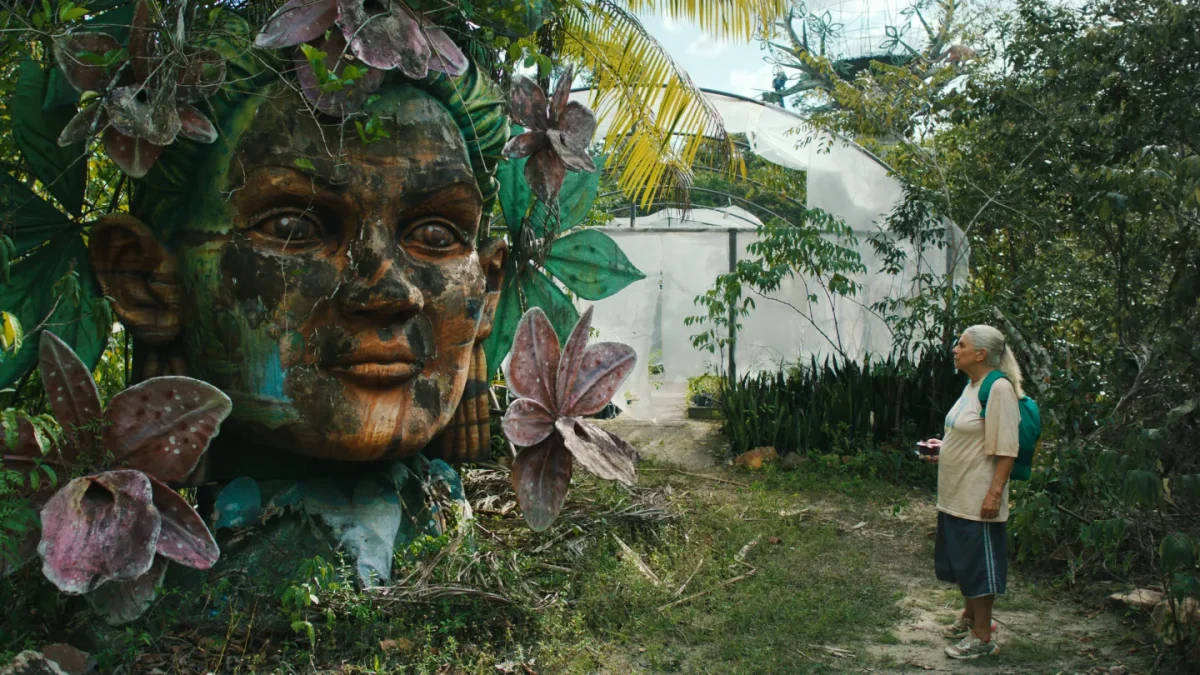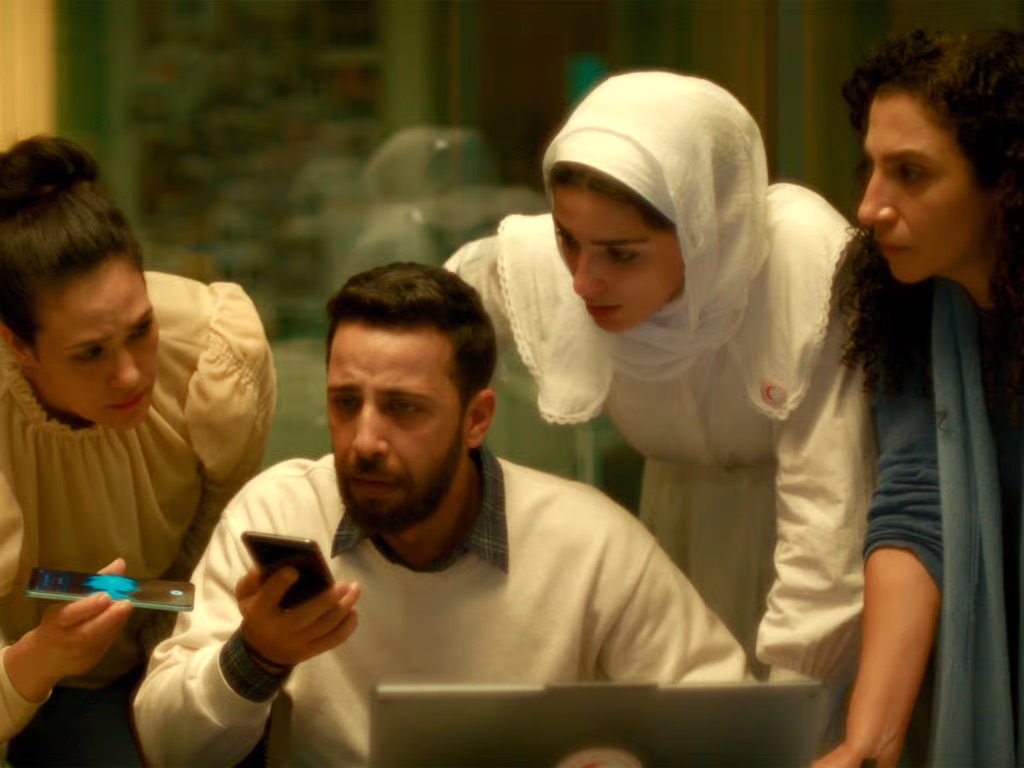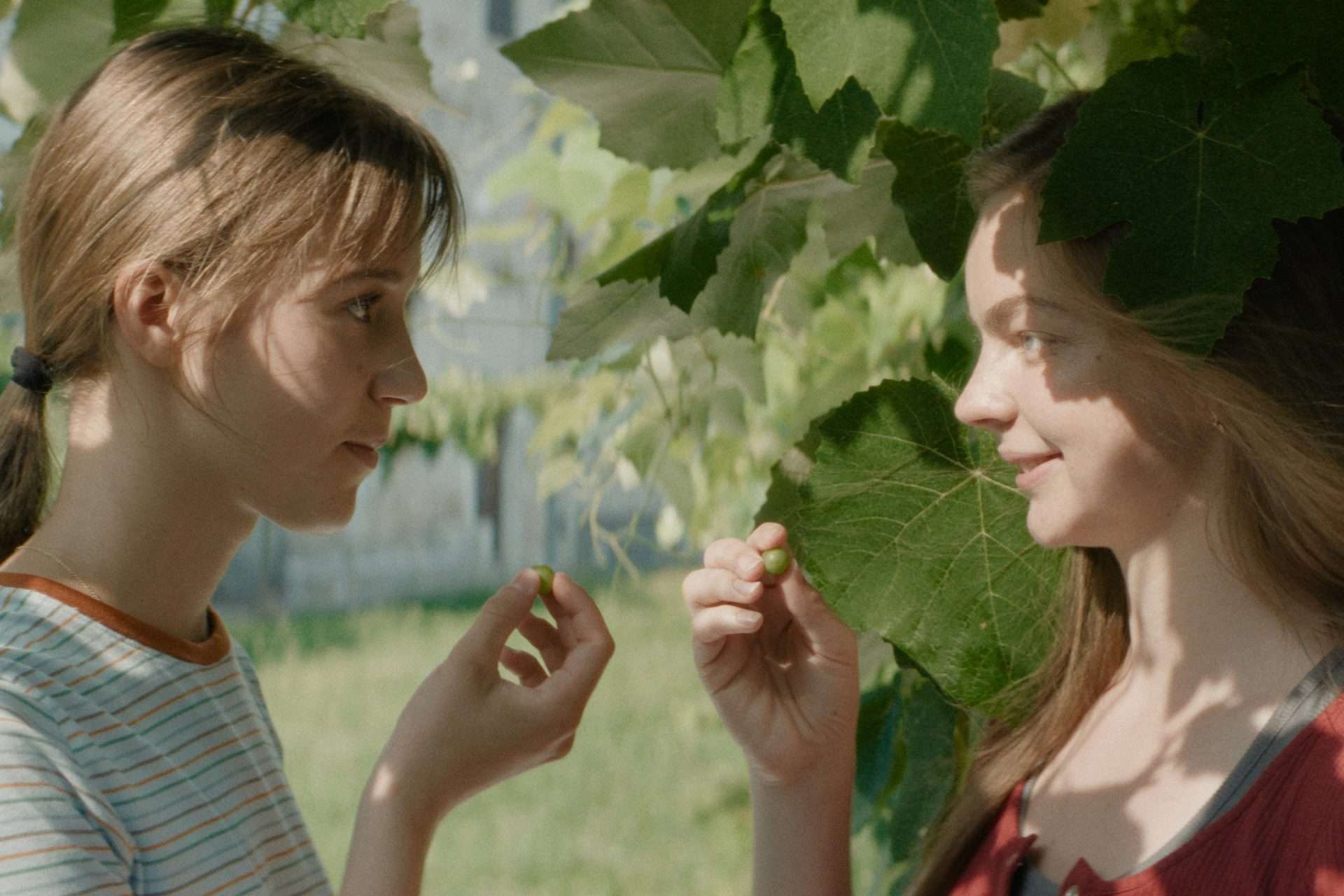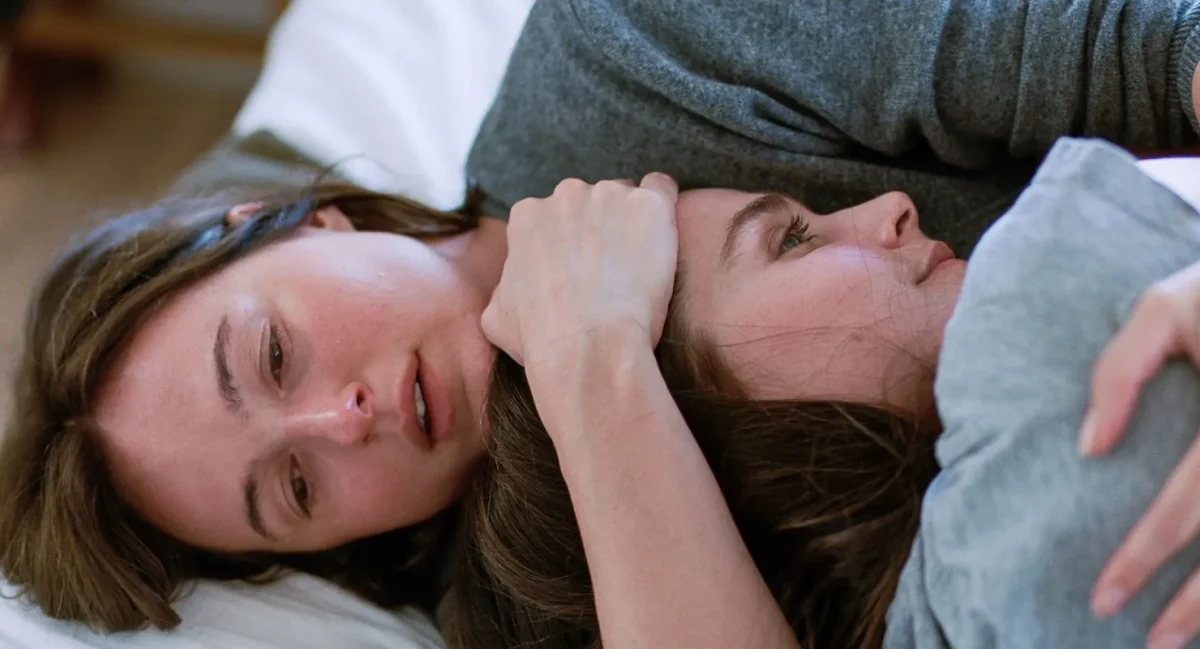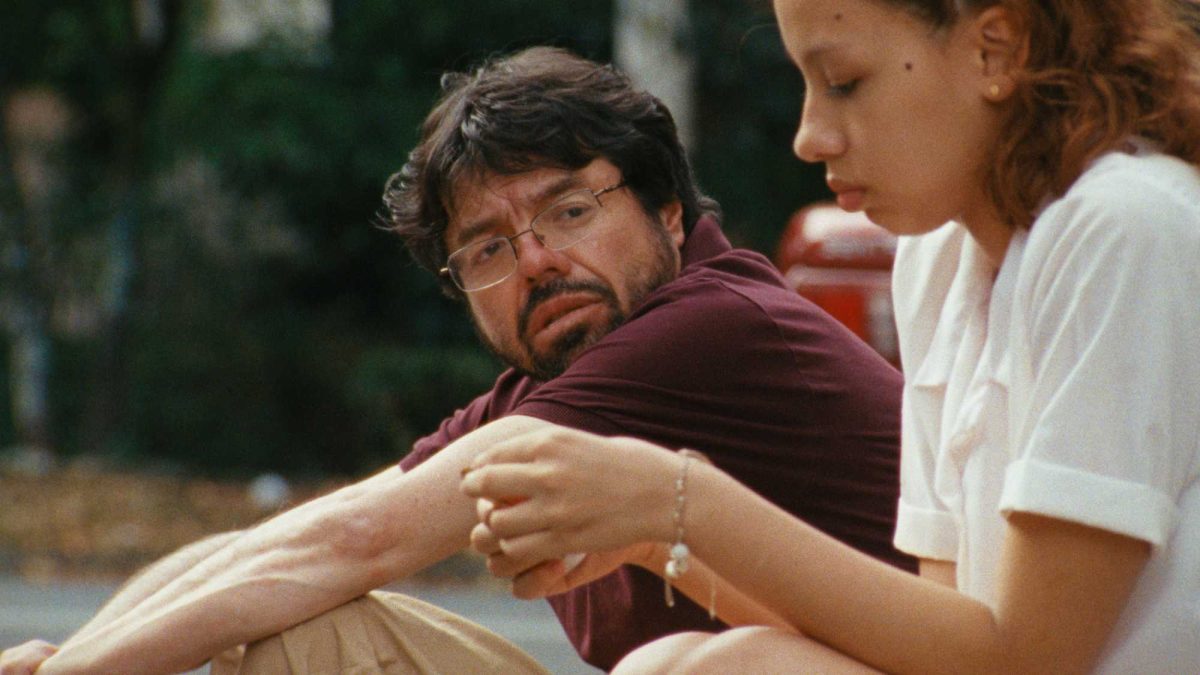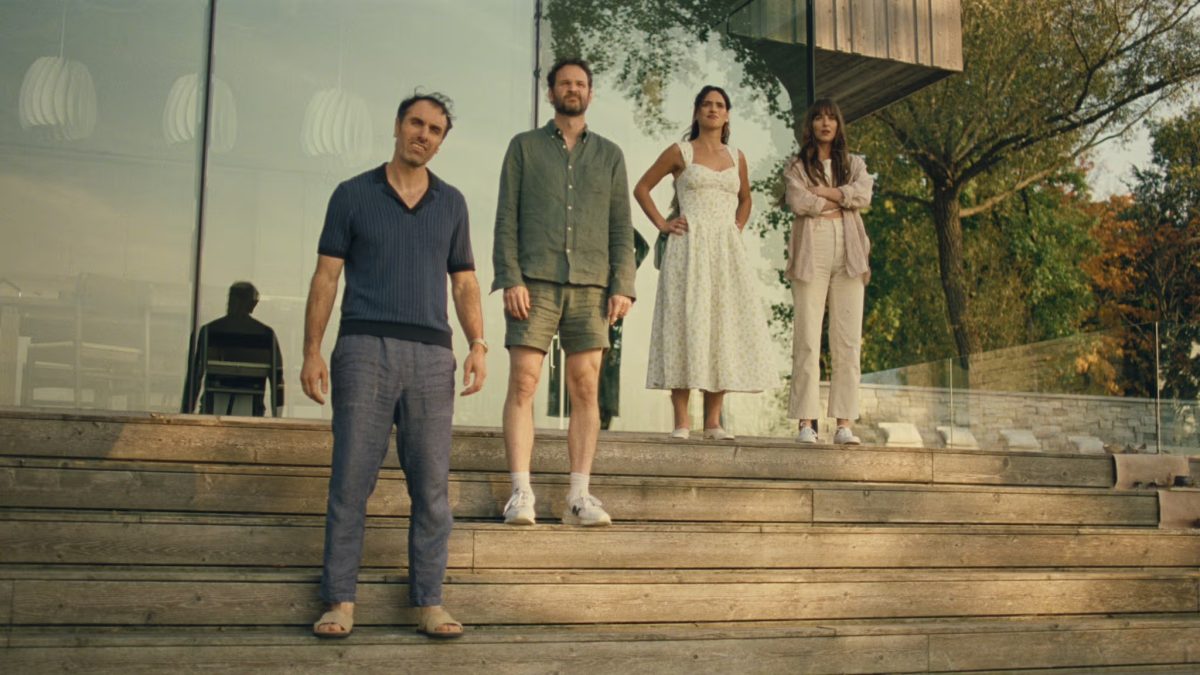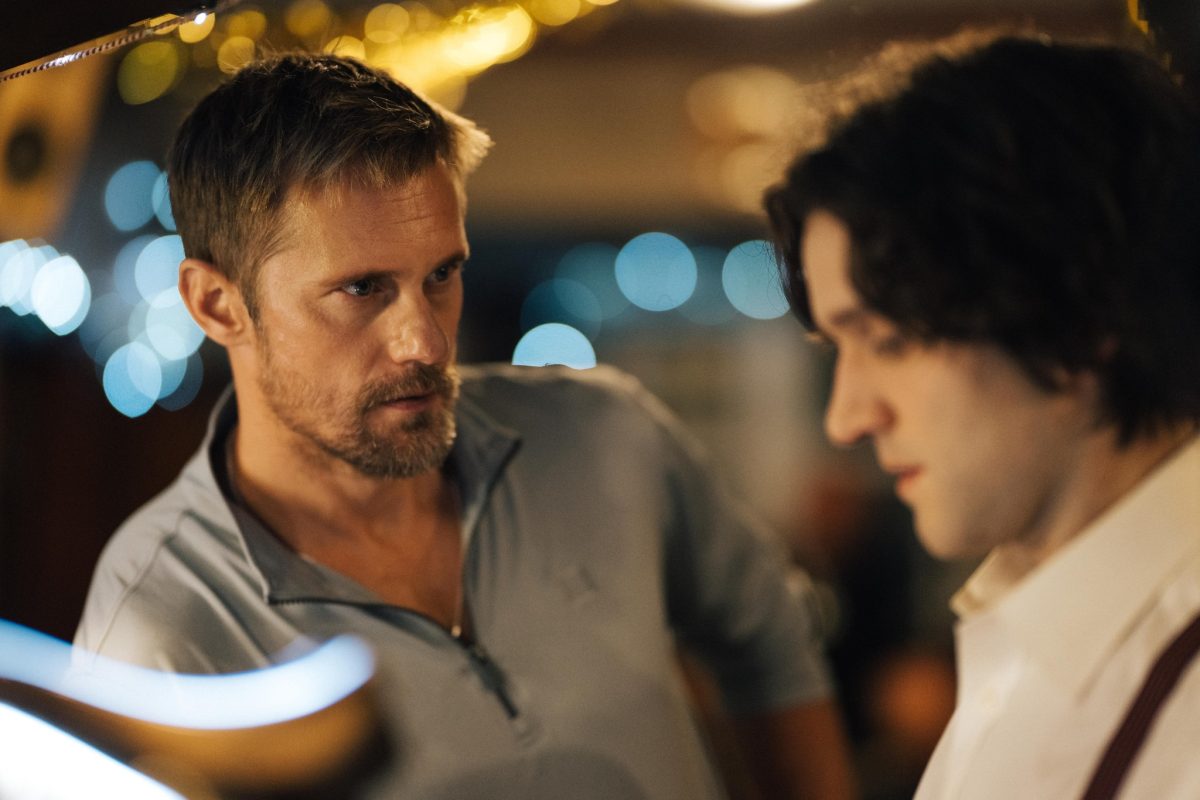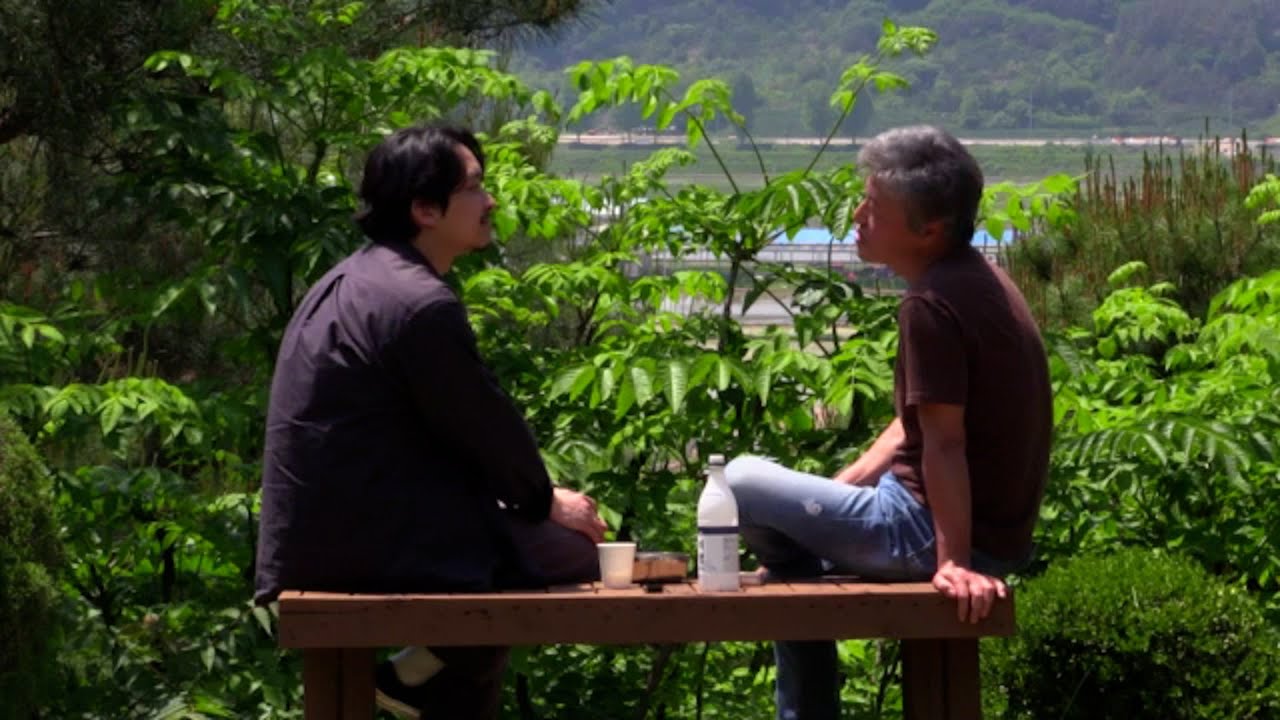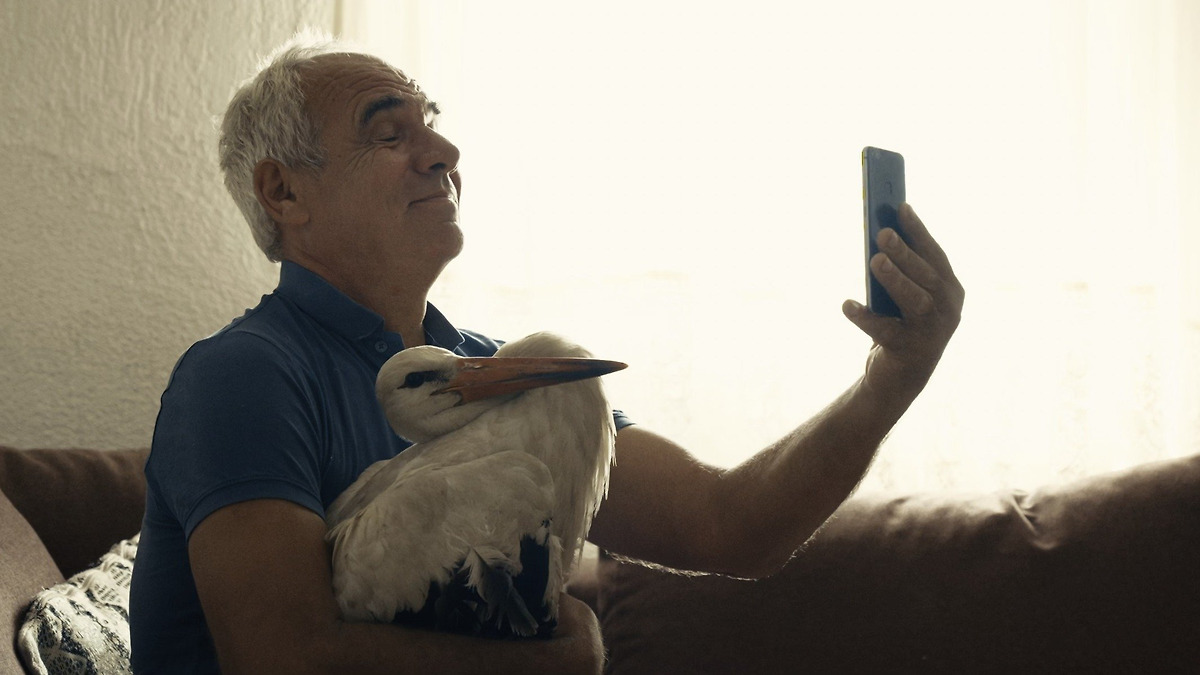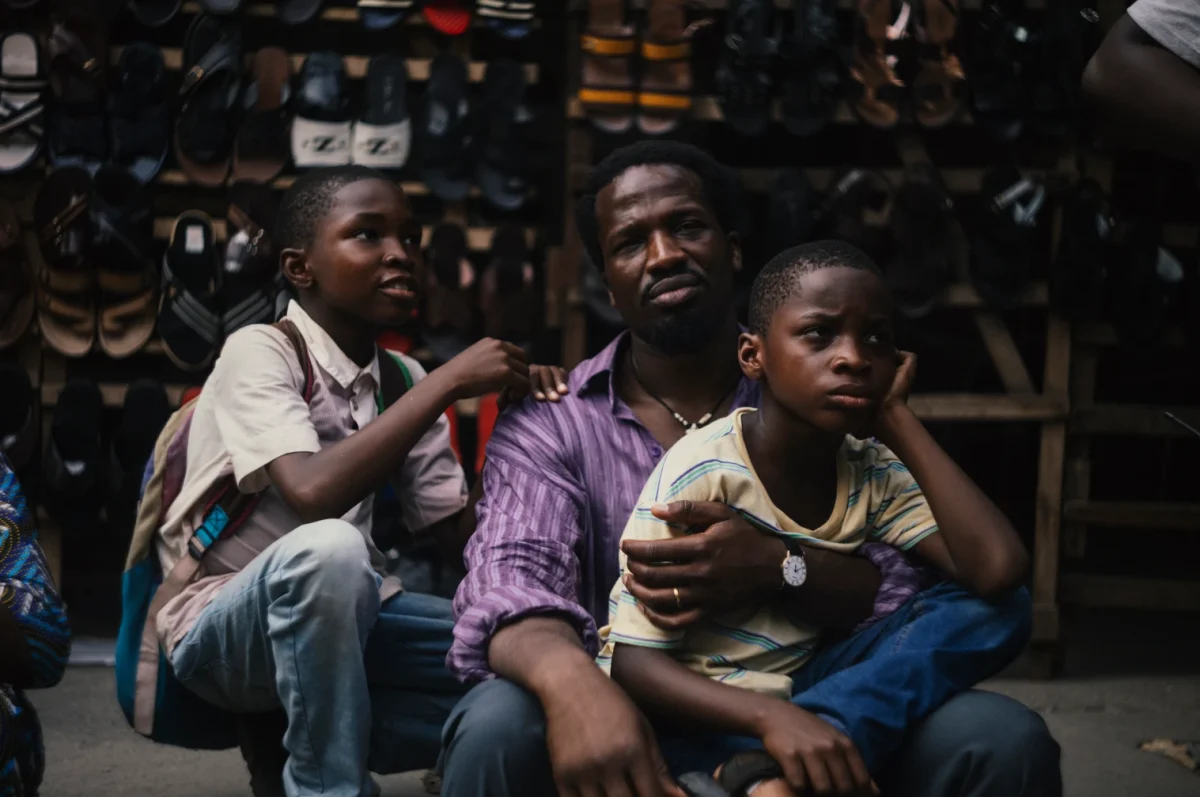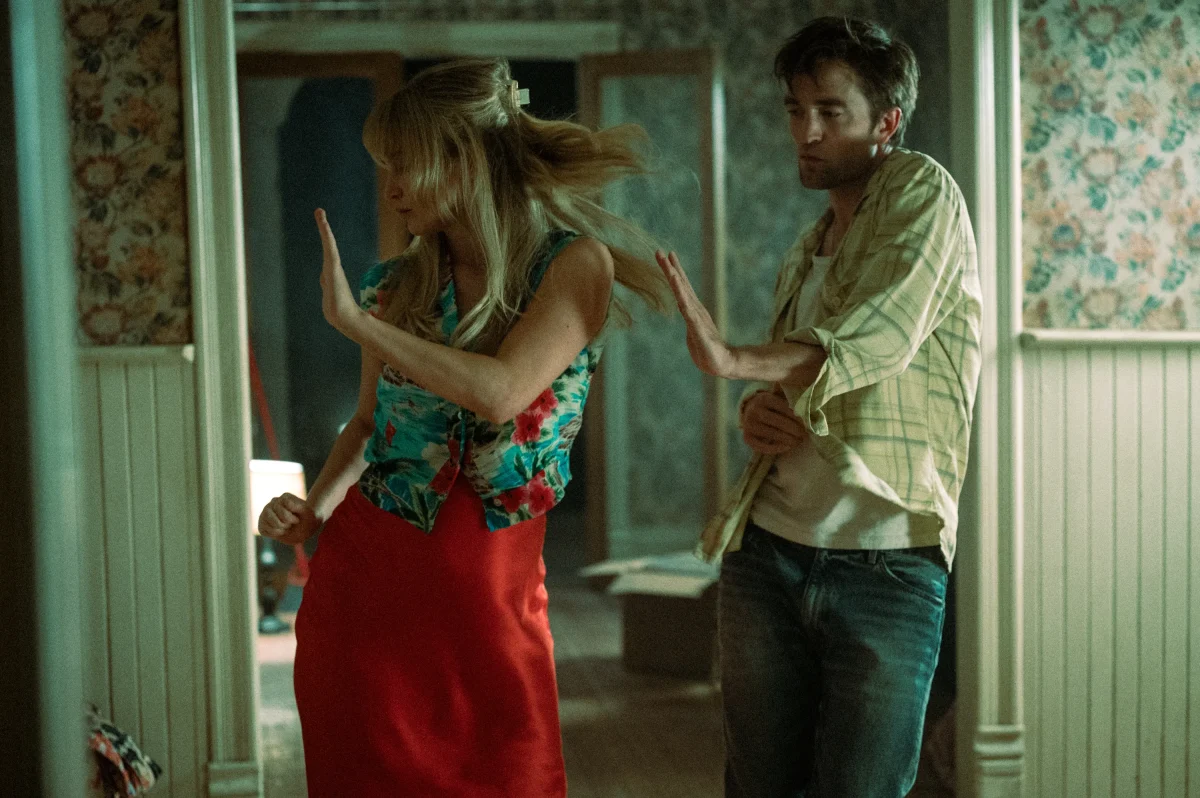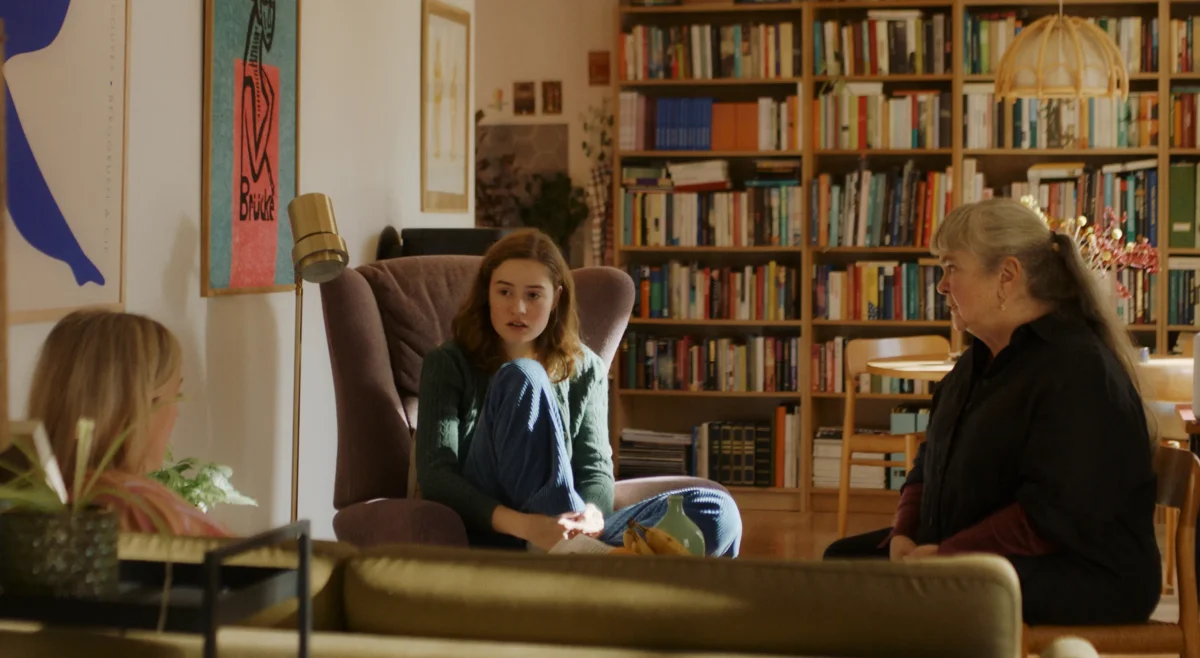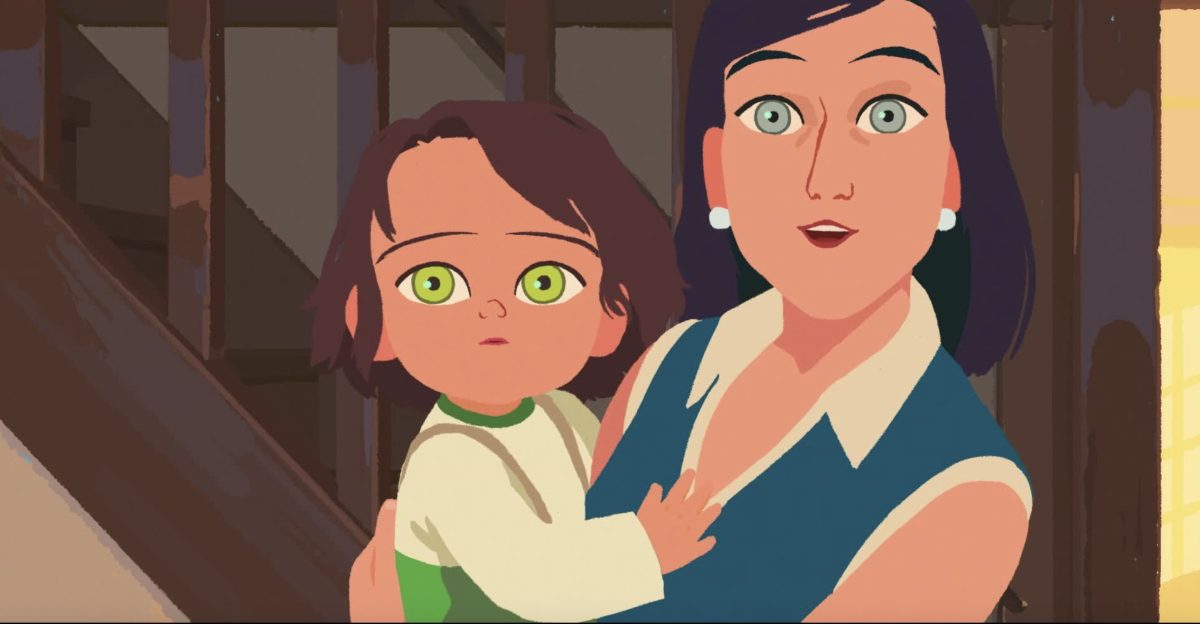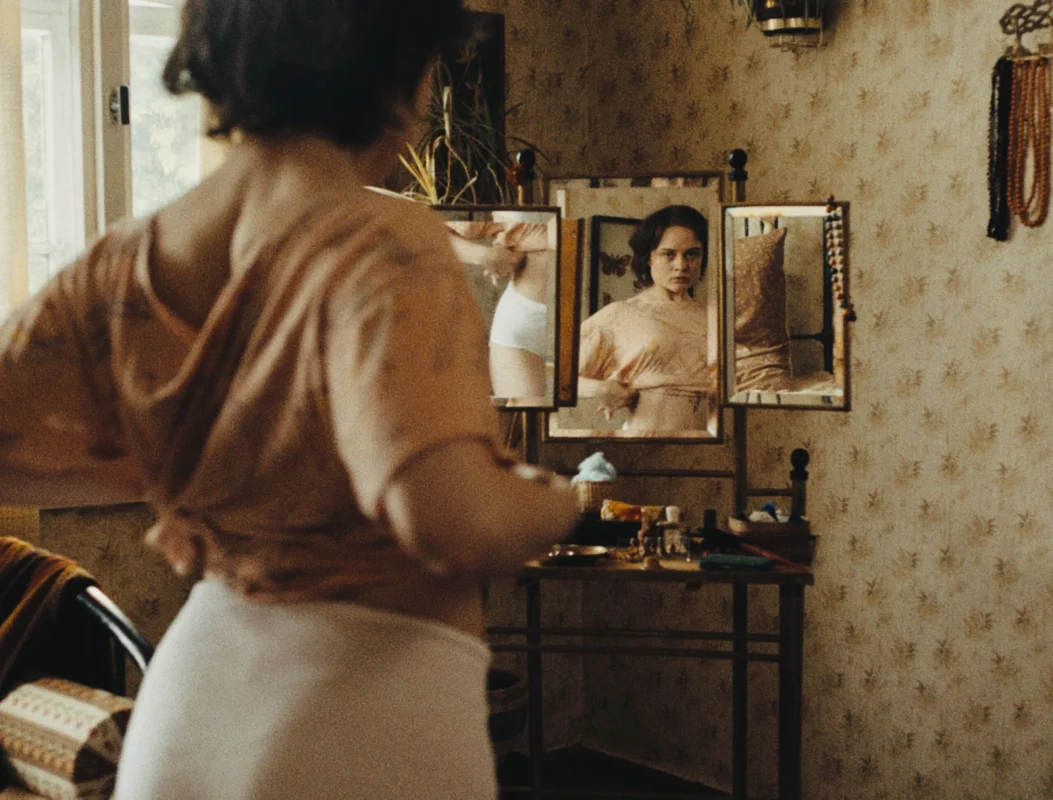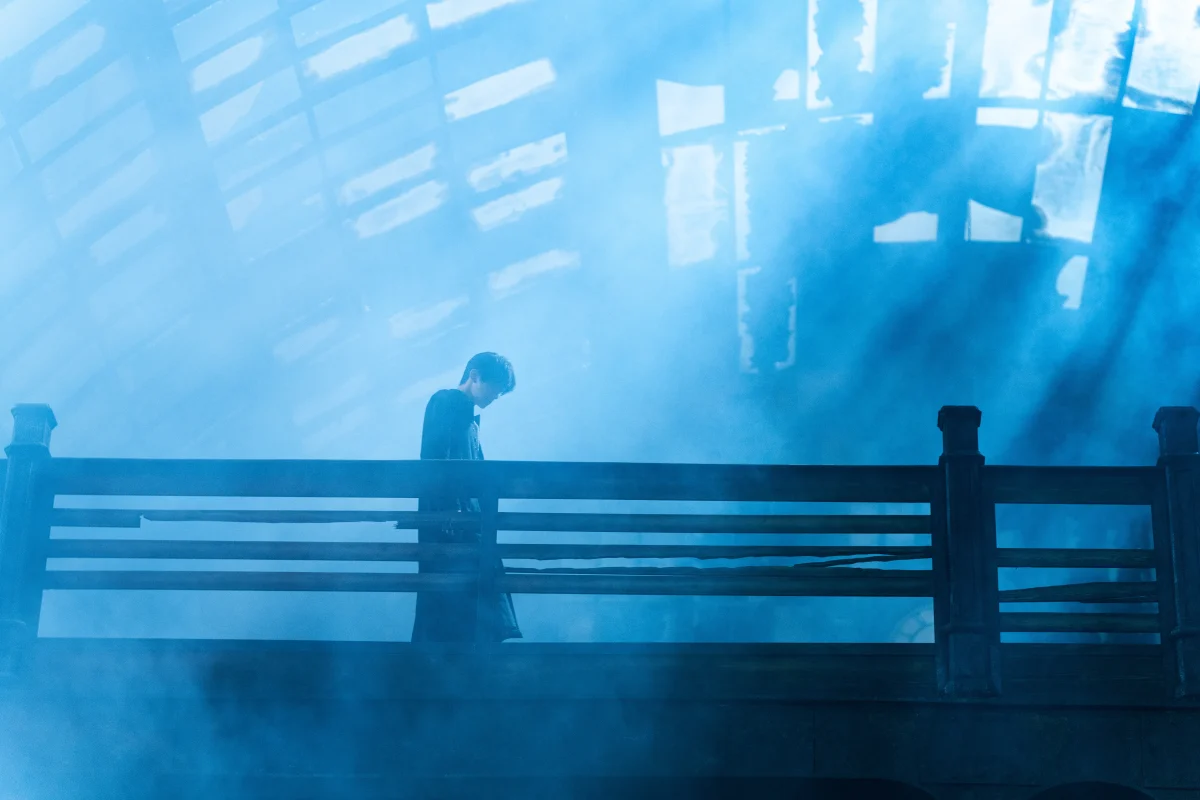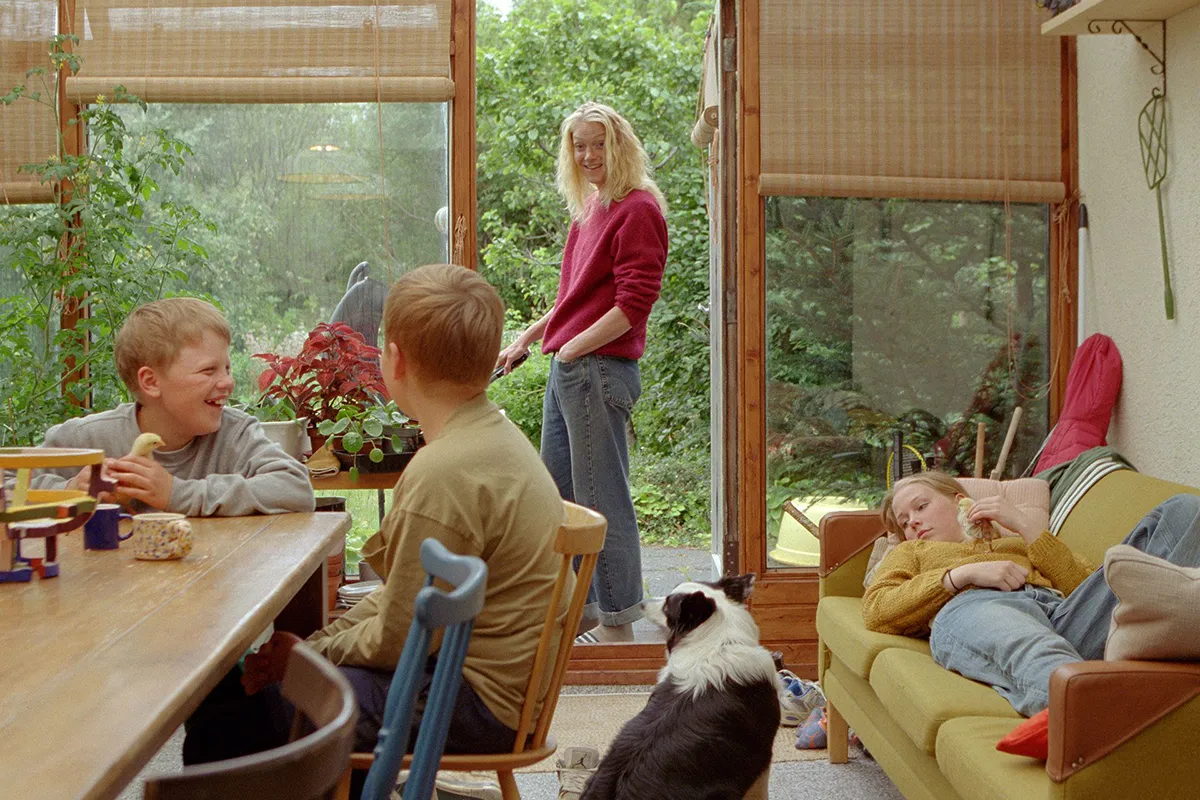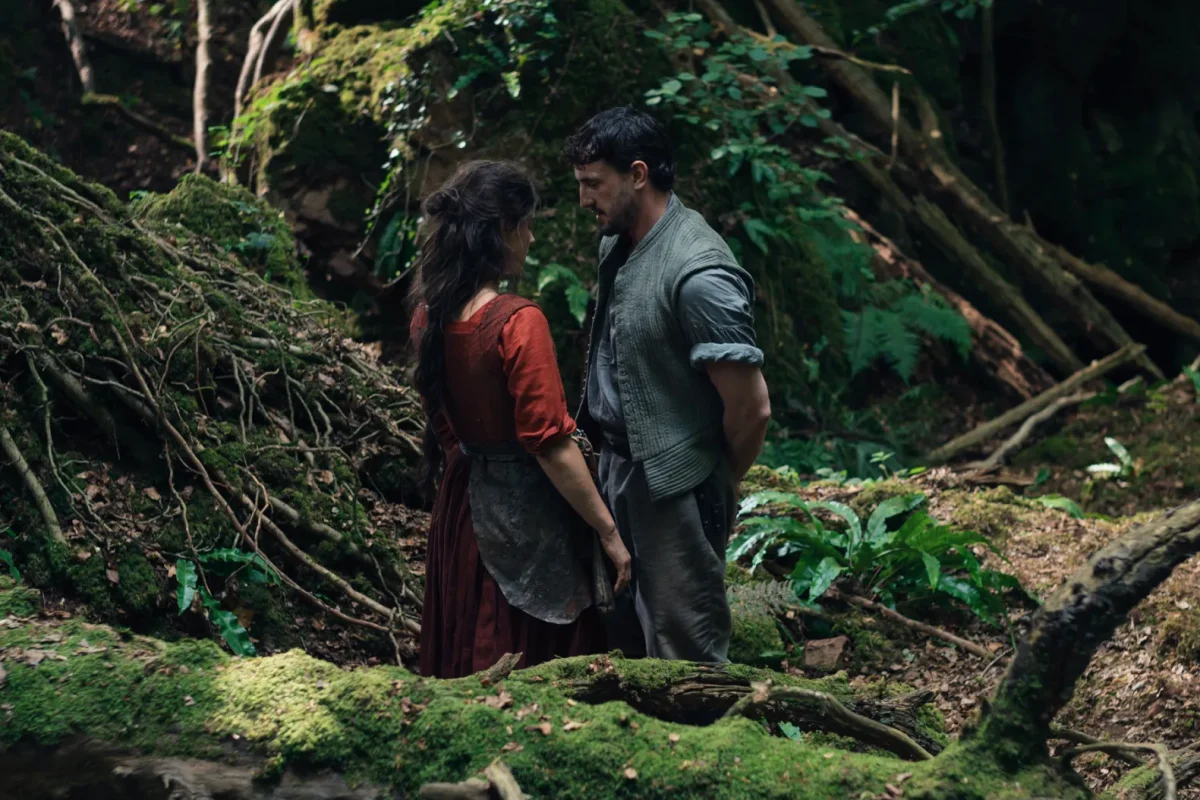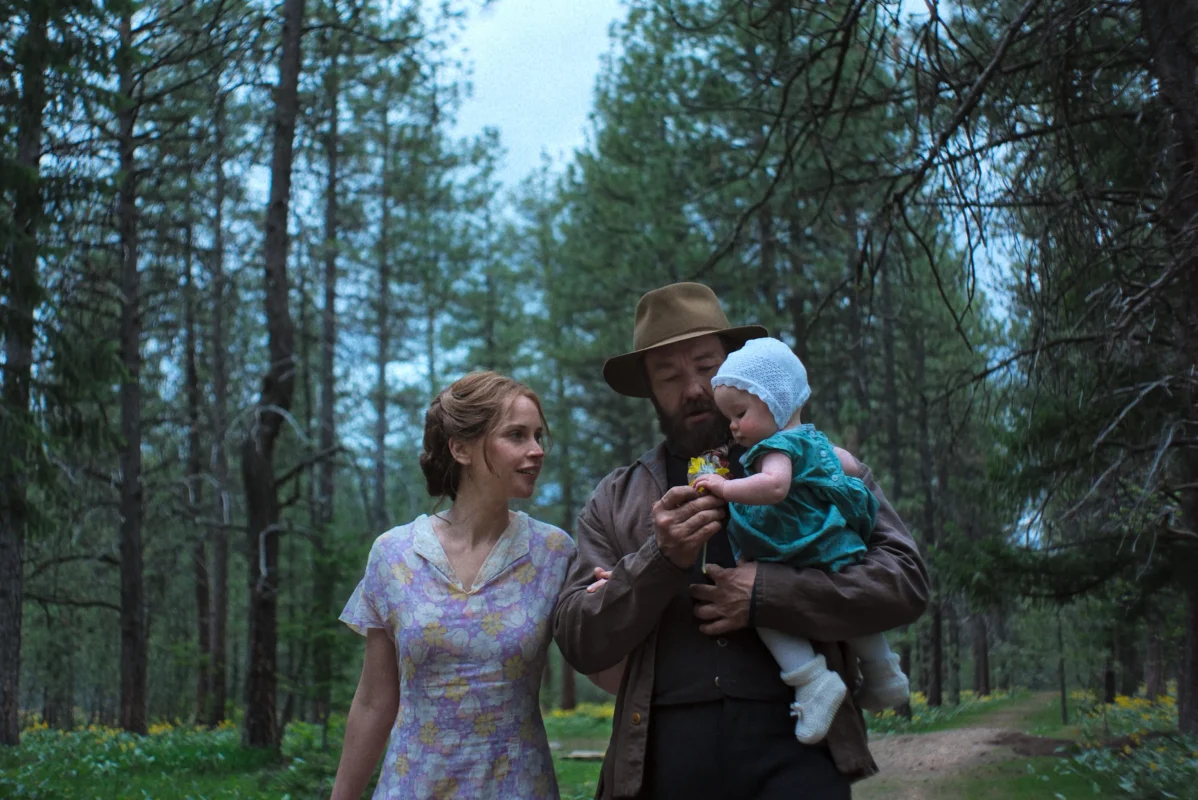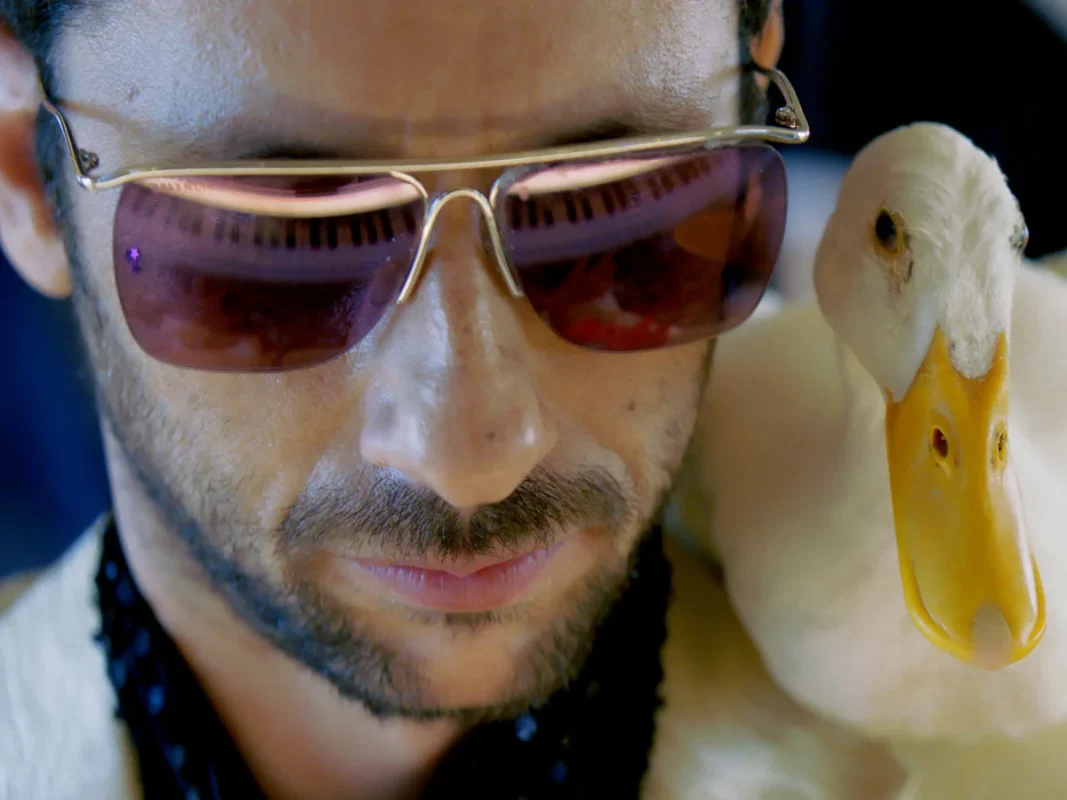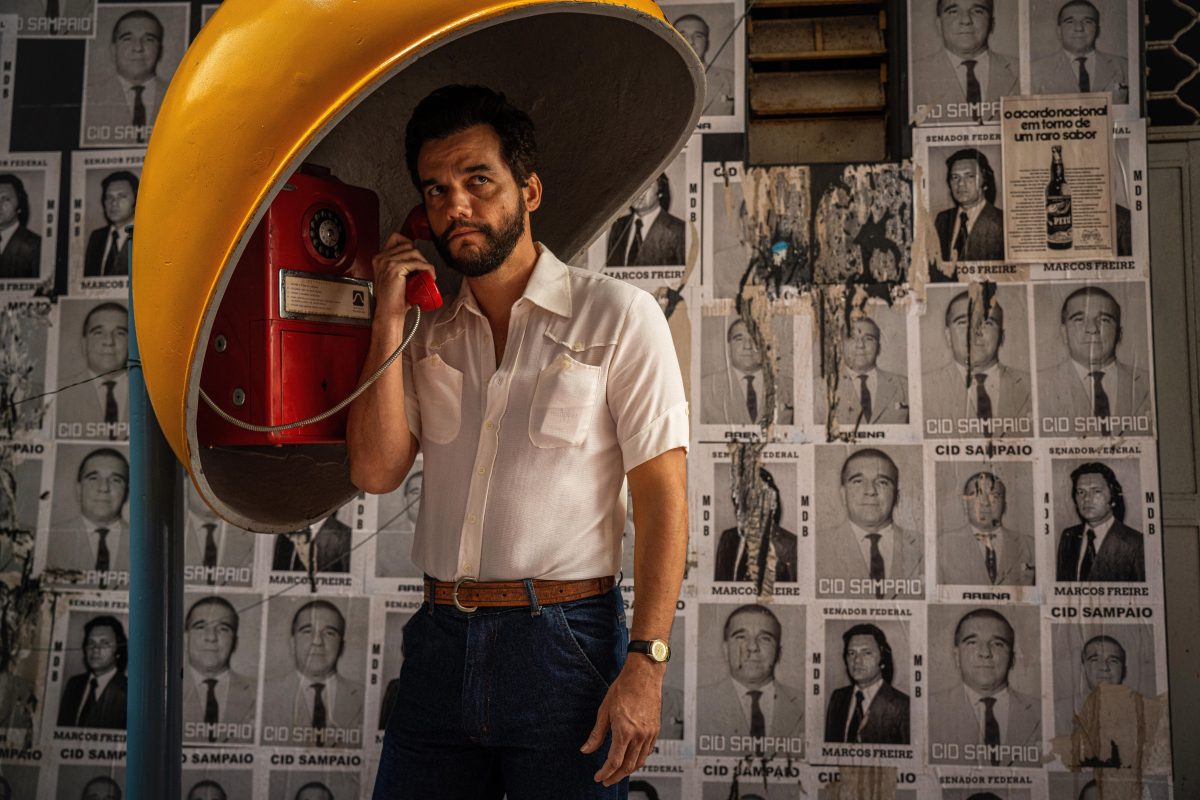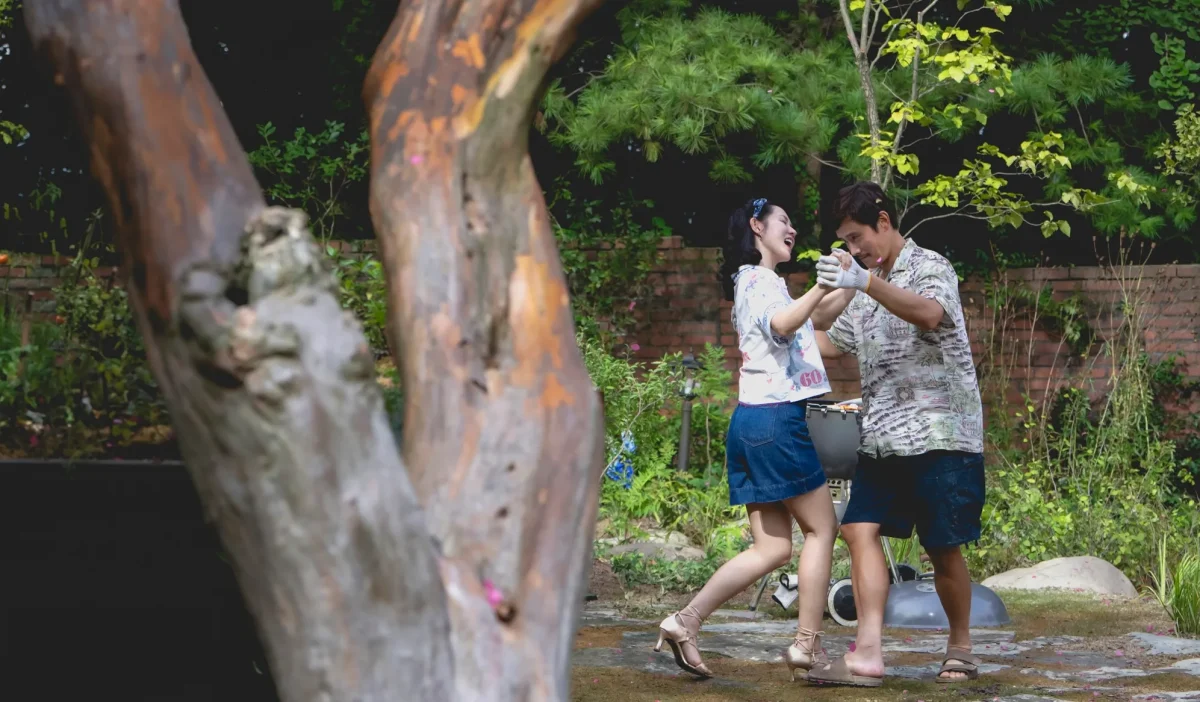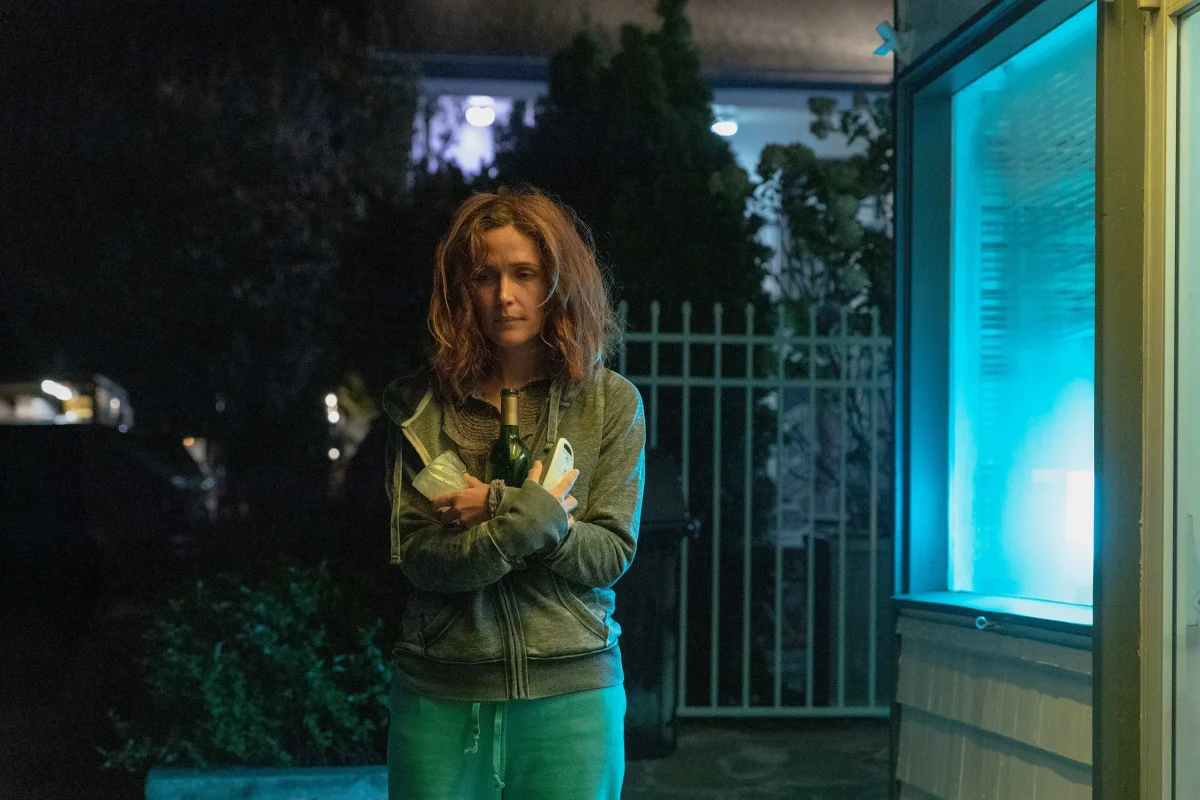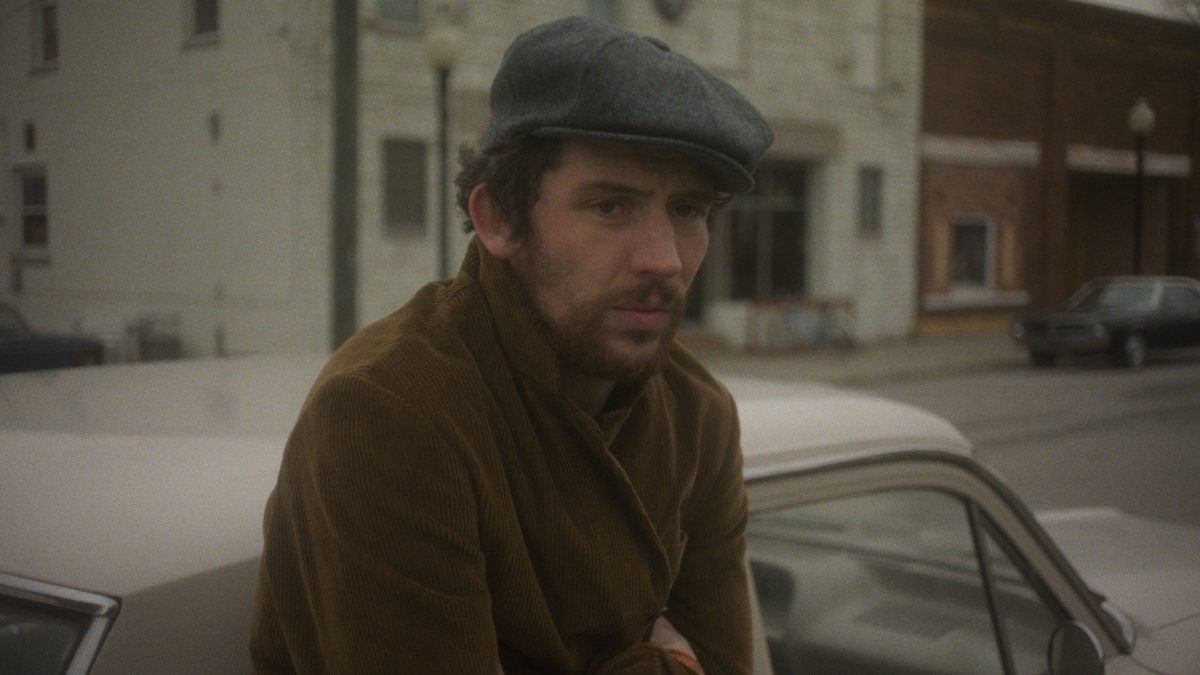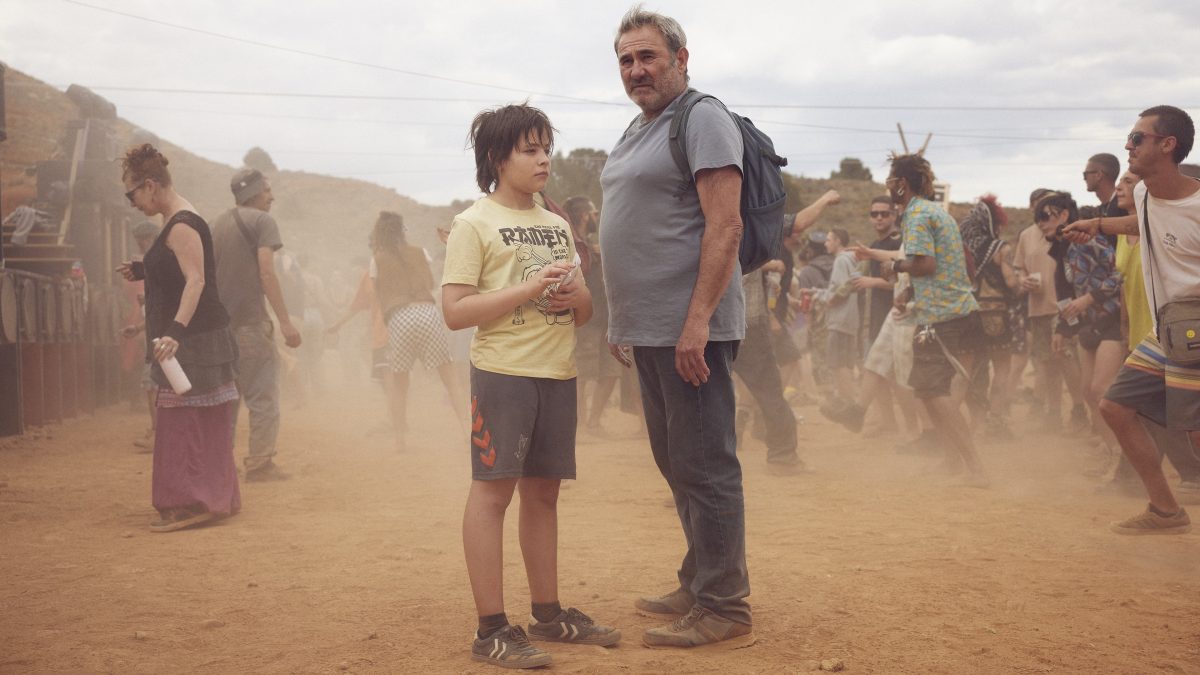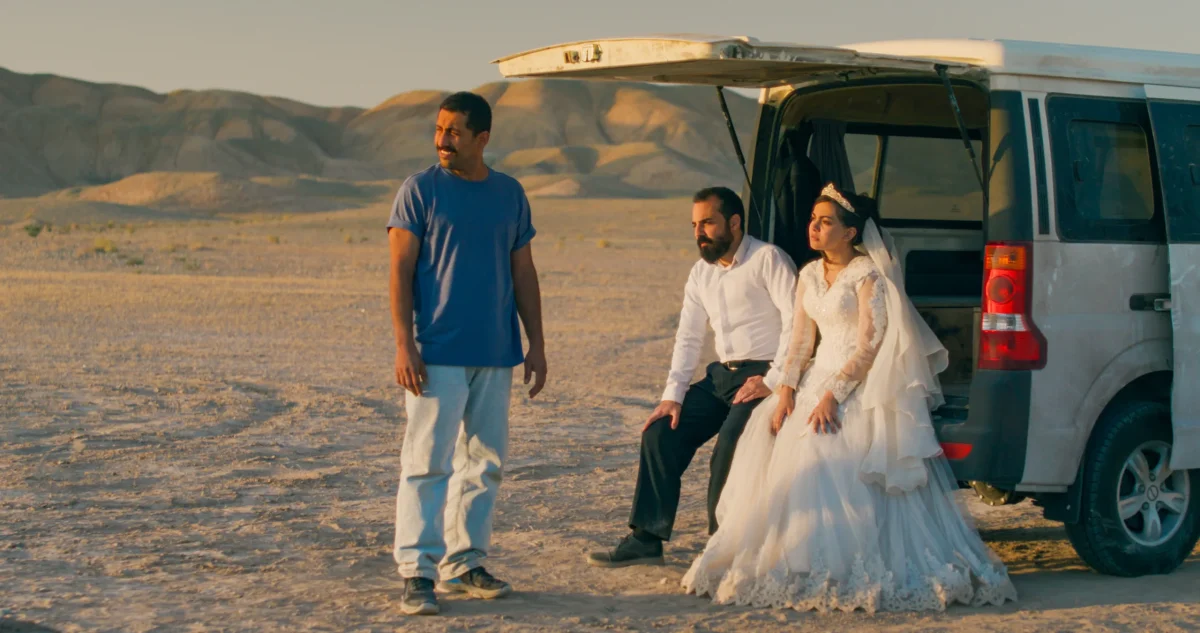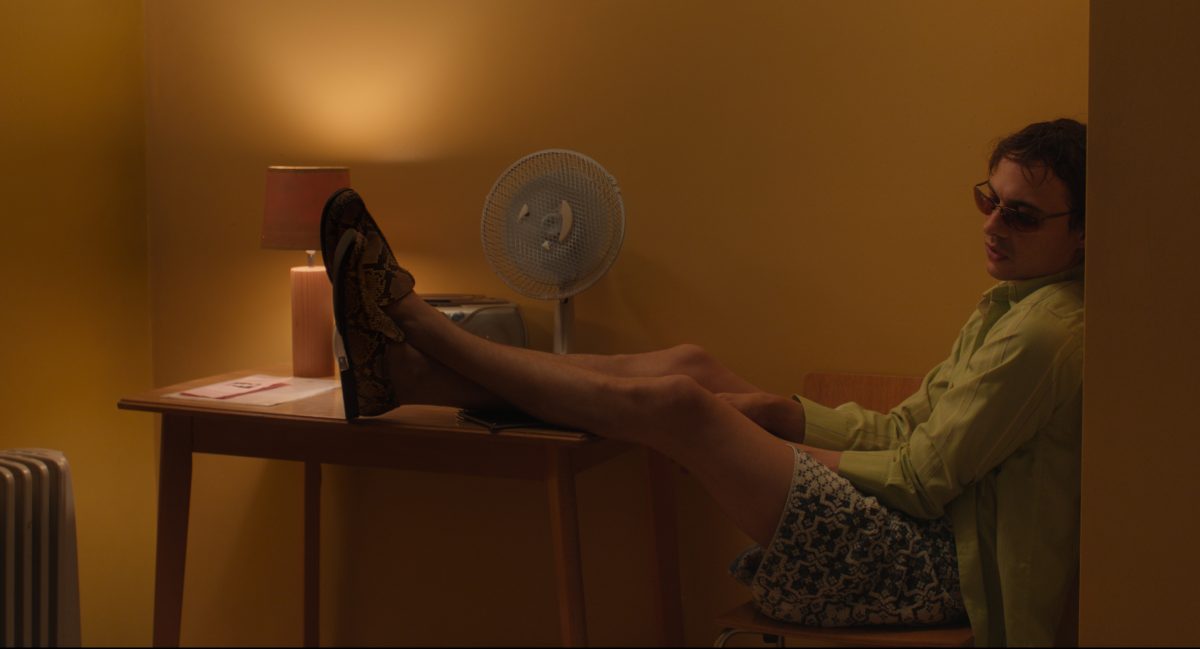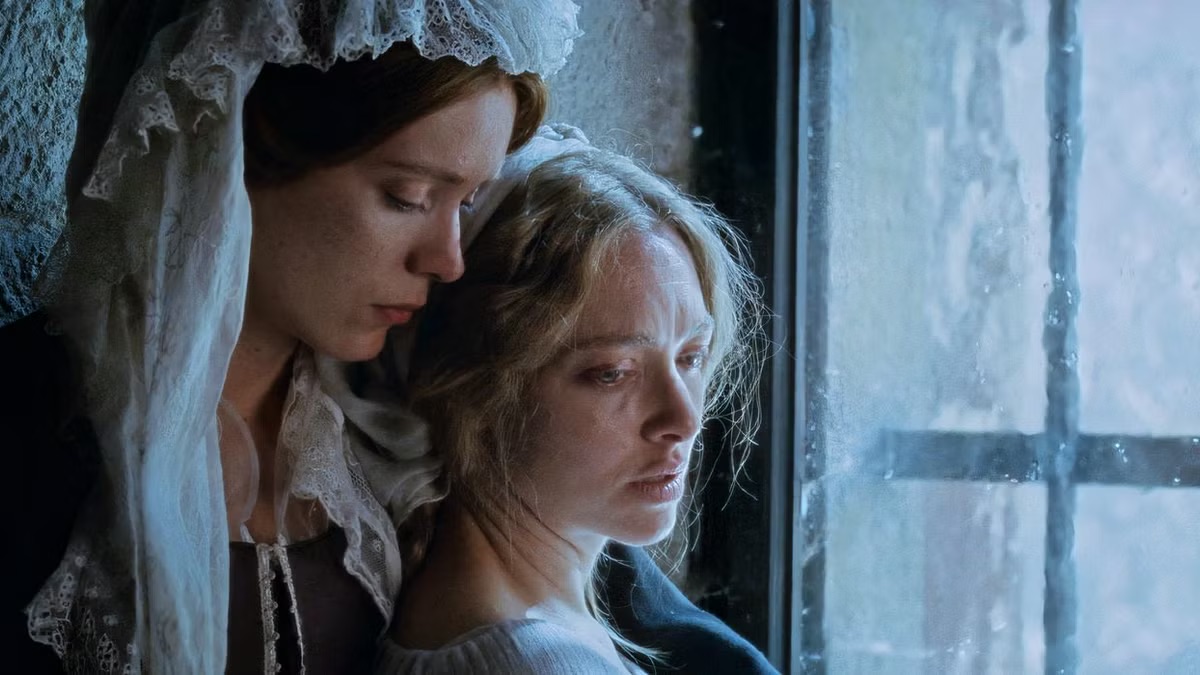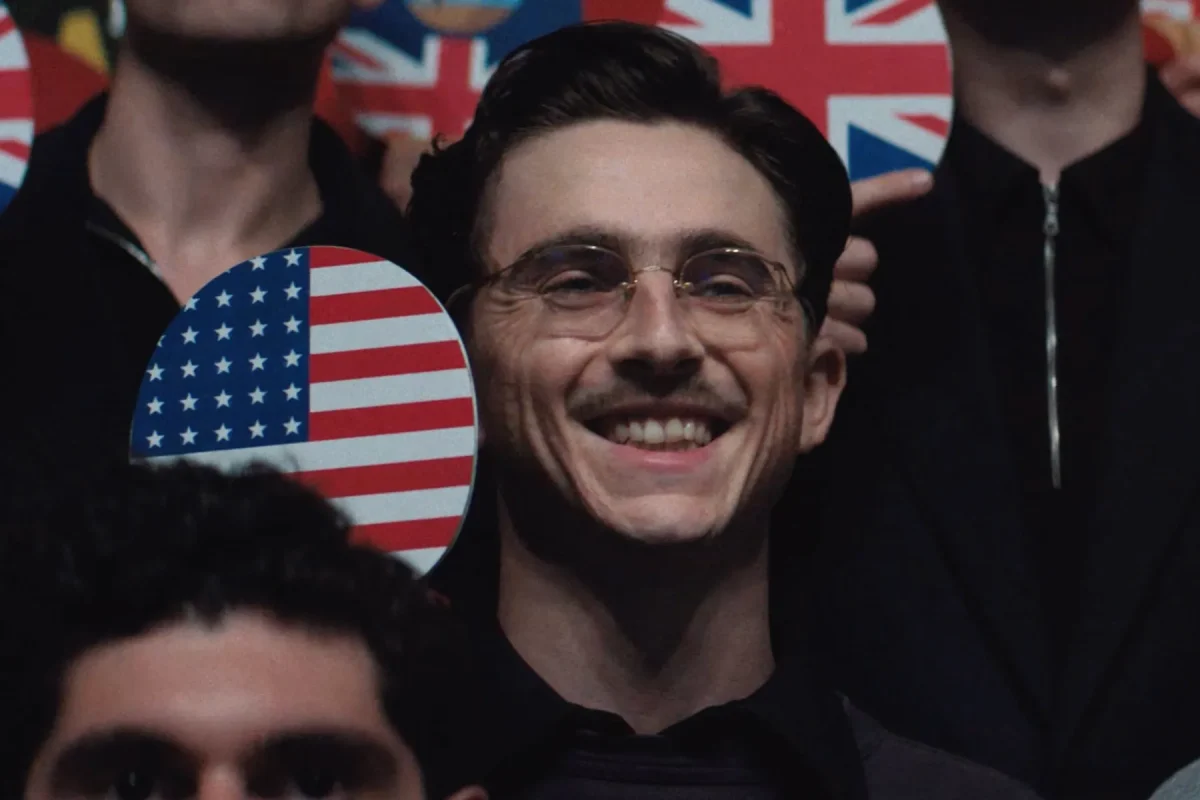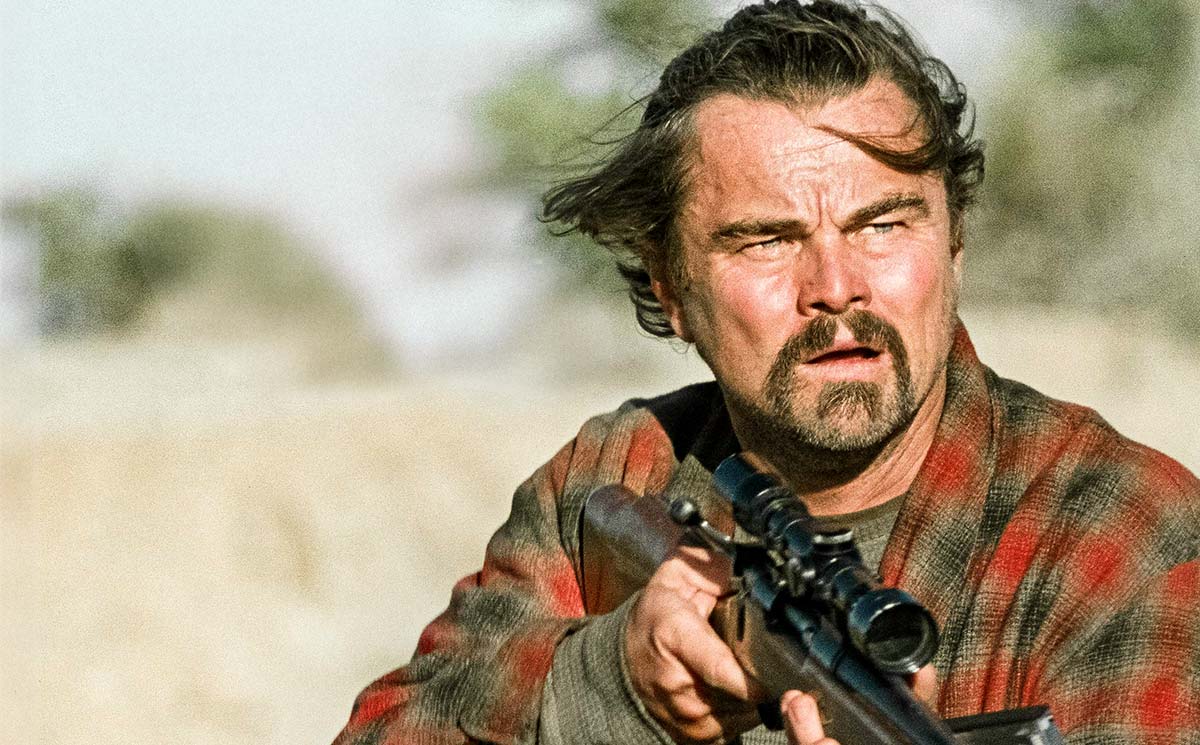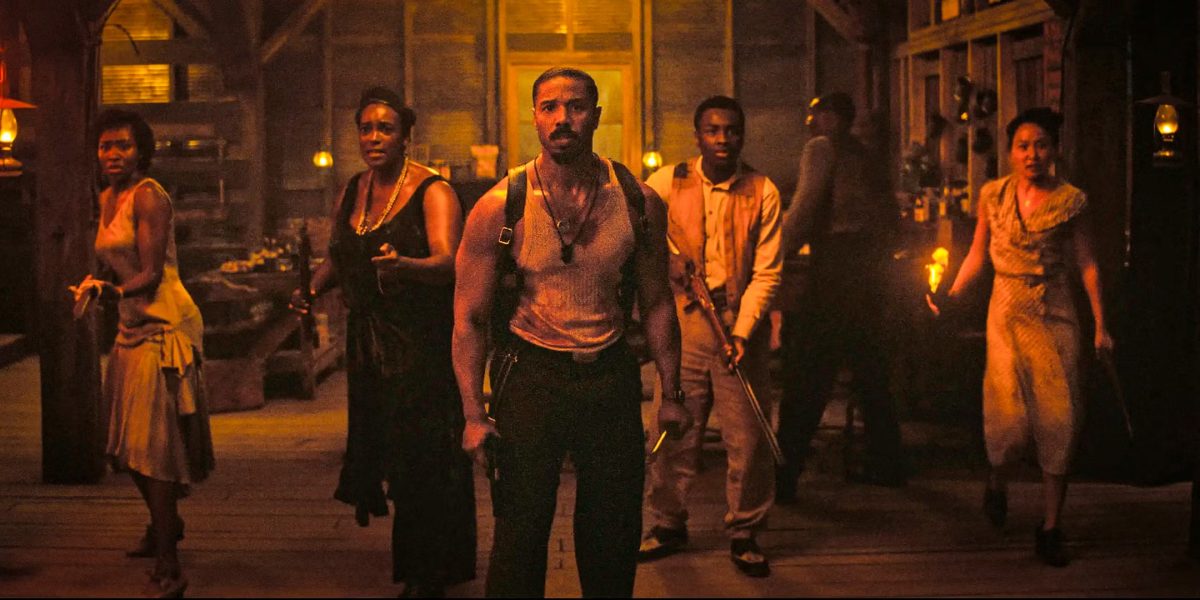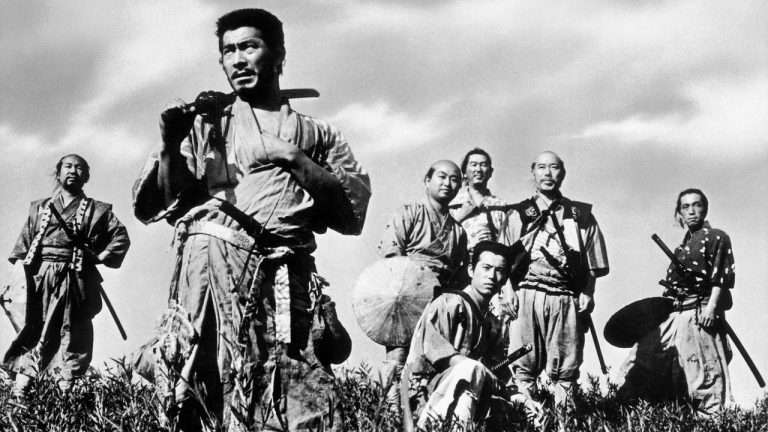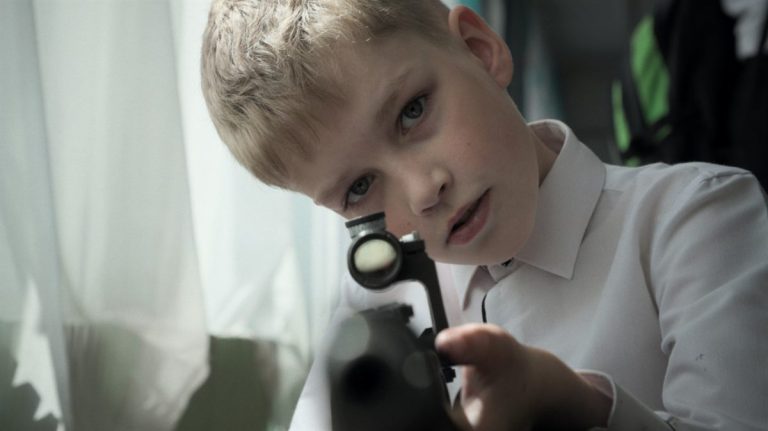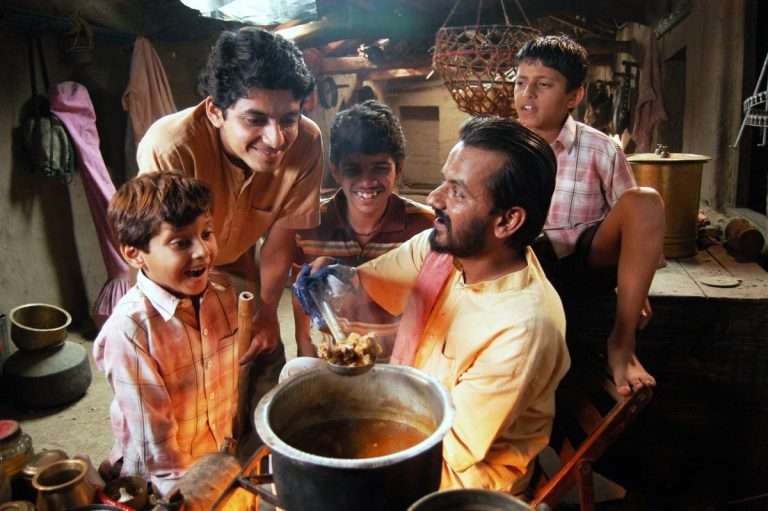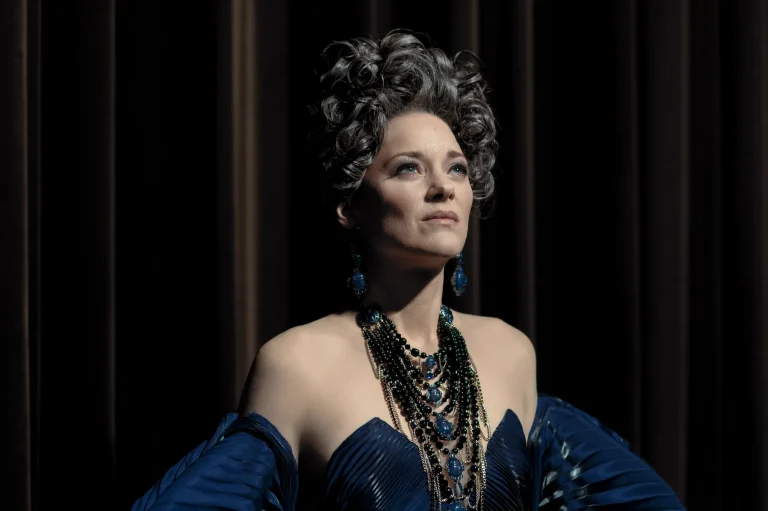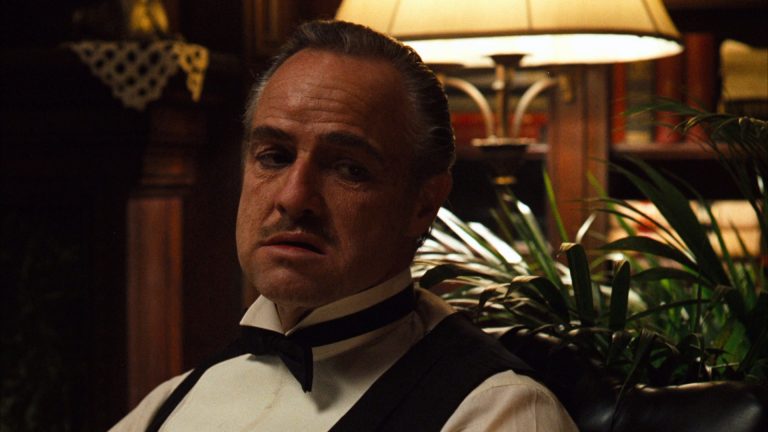Cinema is just as much about preserving history as it is about looking to the future; so it is that, as we look to the films of the year to come, it’s only right to take one last peek back at the films that have graced our screens over the course of a year recently ended. 2025 may not have treated us to any of the sort of game-changing masterpieces we seem to have been getting at least once on a yearly basis as of late—no “Zone of Interest” or “Nickel Boys” to be found here—the year nonetheless gave us a wide range of worthwhile cinematic endeavours to unleash a flood of overflowing and oftentimes-conflicting sentiments.
From the most sobering of arthouse prestige pictures to the most unapologetically adrenaline-fuelled thrill-rides, 2025 was the year that saw the very best of its films, quite often, blurring the lines to offer us a helping of everything. Action, horror, comedy, drama, so often woven into a tapestry that can never be unwoven and stripped to its barest threads, lest we spoil the unique beauty that comes with viewing the piece as a whole. That was 2025 in film, and it’s time we take one last step back to admire the pattern set before us:
Honorable Mentions:
Even with a tight 40, we struggle to proceed without shining a spotlight on at least a handful of films that just barely missed the cut, primarily because these fringe picks highlight, even further, the diversity of styles and filmmakers who made 2025 worth remembering at all. Documentaries like “Grand Theft Hamlet” explored the meaning we seek in the performing arts no matter how unorthodox the stage, while studio thrillers like “Caught Stealing” came through with a more hardened edge for the most expected offerings of star-driven populist filmmaking.
“Wake Up Dead Man” found Rian Johnson continuing to explore the possibilities of his “Knives Out” series with a more existential tinge, while “Magellan” provided Lav Diaz with a venue to continue exploring his own favoured themes of the colonial spectres that haunt his native Philippines, this time traced all the way back to their source. Meanwhile, in the midst of the horrors of the present, “The Naked Gun,” swooped in to rescue the dusty wasteland of studio comedy just when we most needed an outlet to find some good old-fashioned brainless laughs in an increasingly hopeless political and economic landscape.
40. Highest 2 Lowest
Spike Lee doesn’t exactly have the most promising history of remaking unimpeachable classics of Asian cinema. But where his famously disastrous retelling of “Oldboy” proved why the lifetime New York legend was the last person fit to step in Park Chan-wook’s shoes, his reinterpretation of “High and Low” shows why Lee may very well have been the only person fit to take on Akira Kurosawa’s legendary piece of class commentary.
The director’s enduring “no fucks given” attitude, here, extends not to his approach to Kurosawa’s material, but rather to the distinct sense of contemporary New York flavor that makes “Highest 2 Lowest” such a propulsive, charismatic take on a story in which power and influence can only take you so far when everything, and everyone, is on the line.
Anchored by an expectedly enchanting turn from longtime Lee collaborator Denzel Washington and surprisingly fiery acting novice A$AP Rocky, “Highest 2 Lowest” reimagines Kurosawa’s classic as a more straightforward affair, whilst never sacrificing the core understanding of what drives one to risk it all; for Lee, it’s about family, and if that truth necessitates a schmaltzier avenue to reach that final destination, the least he could do is crank those subwoofers and make that ride a memorable one.
39. Den of Thieves 2: Pantera
“Den of Thieves 2: Pantera” was released in the dreaded cinematic dumping ground known as January, and in truth, the film could likely never be mistaken for one released at any other time on the calendar. Somehow, though, this works to the film’s benefit, as Christian Gudegast’s belated sequel turns the dial way up on every facet of “Dudes Rock” cinema to embed within his hyper-masculine thrill-ride a distinct sense of brotherly bonding. Much tighter and more engaged with its meatheaded characters than its predecessor, “Pantera” gives Gerard Butler the space to prove why he’s the undisputed king of January—and why, for once, that’s not an insult.
Functionally speaking, “Den of Thieves 2” may very well be a carbon copy of the first film (minus, thankfully, 50 Cent’s acting chops), but Gudegast’s commitment to the film’s fish-out-of-water thread allows Butler’s greasy demeanor to engage with European class with a far more organic tinge. And this is all before we even get to the heist of it all, which is here executed with surprising precision and less surprising bombast that brings all of the film’s influences (namely, Michael Mann and general stupidity) to a head for a hell of a ride along the Mediterranean coast.
38. Love Me Tender
No year on the screen is ever quite “quiet” for Vicky Krieps, but 2025 proved to be the actor’s busiest since 2021; it only seems right, then, that her best role since that year’s “Hold Me Tight” would present itself in the heartbreakingly prickly—and, coincidentally enough, similarly titled— French drama “Love Me Tender.” Anna Cazenave Cambet’s second feature film sees its ambitions not necessarily in terms of the scale or even the scope of its narrative, but rather in how an entire life can be dragged through the concrete by the most unassuming of cruelties.
Exploring the prejudice of an LGBTQ+ mother as her ex-husband leverages her newly announced sexuality as some twisted form of proof against her capabilities as a parent, “Love Me Tender” is careful never to demonize its subject’s orientation as her former partner and the judicial system at large make every effort to do so themselves. Rather, through Krieps’s fragile fortitude, Cambet proves the exact opposite: that for Clémence to forsake her sexuality, even as it comes to be used as a wall that separates her for years from her only child, would be just as criminal and demeaning to herself as any of these actions taken against her.
37. Weapons
After the runaway success of 2022’s “Barbarian,” Zach Creggar pretty much had carte blanche to make whatever he wanted to next, and horror studios were just foaming at the mouth to bring any fucked-up imaginings of his to the big screen. The result of those three years of gestating anticipation was “Weapons,” a film whose timely allegory of coping with the sudden and irreversible loss of a child to the tragedy of a school shooting almost betrays how silly the film can truly be in its most memorable moments.
It’s through Creggar’s use of supernatural metaphor that this allusion never appears to be presented in bad taste, as the frustration and rage that come from parents searching for answers they’ll likely never find—and the teachers coping with how such an atrocity can happen under their care—is never brushed to the wayside.
Creggar understands that sometimes, the only reaction to a terrifying situation is to laugh, and while “Weapons” doesn’t equate its own horrors to a laughing matter, it does find an outlet in the absurdity of America’s preventive ineptitude. Through supporting player Amy Madigan, Creggar further explores the depth of that sinister presence in all its unholy inevitability, an inevitability that will remain so long as American society continues to ignore the signs staring it dead in the face.
Find Out More: Weapons of the American Dream: How Zach Cregger’s Weapons (2025) Reflects Today’s Reality
36. Cover-Up
After the runaway success of 2022’s “All the Beauty and the Bloodshed,” Laura Poitras pretty much had carte bla—wait a second…
As familiar as that introduction (almost) was for a film of a completely different breed than “Weapons,” Poitras’s “Cover-Up” nevertheless acts as just as scathing an indictment of US policy raining down on the innocents on the business end of a firearm. In Poitras and co-director Mark Obenhaus’s case, that indictment comes in the form of investigative journalist Seymour Hersh, who leveraged the success from his reporting of the My Lai massacre of the Vietnam War into further groundbreaking exposés of American imperialism and corruption, from Watergate to Abu Ghraib.
Hersh, still alive and sprightly at a ripe 88 years of age, proves to be by far Poitras’s most compelling documentary subject (Snowden and Assange be damned for being boring, if for no other reasons…), which serves “Cover-Up” beautifully as she and Obenhaus respectfully but firmly prod him to unearth incredibly insightful tidbits on the value of journalistic integrity, and find even more to mine in what their subject proves himself hesitant to reveal. There are, as Hersh notes, still voices within the system willing to stand for what’s right, but what good are their efforts if each systemic atrocity repeats under a new name?
35. The Blue Trail
Without question, the second-best Brazilian film of 2025 by a director hailing from the town of Recife, “The Blue Trail” may be of a much smaller scale than the slow-burning thriller to come, but its ambitions remain entirely worthy of praise for their poignant examinations of how we treat the passage of time.
Led by Denise Weinberg in prime “Don’t give this old person any undue hassle because they’ve stopped caring decades ago”-mode, the film’s modest road (river?) movie escapades punctuate an expressive filmic conversation on the value placed on the old, and what value they’re left to find in themselves when the world at large merely sees them as the most irritatingly disposable resource left to consume the rest of our resources.
Director Gabriel Mascaro adds a touch of mysticism to “The Blue Trail” as the film winds its way leisurely down the Amazon, with one woman’s last chance to make something of herself proving far too much of a burden for all of those who claim to have her best interests at heart. Never allowing his subject’s feisty attitude to dip into overbearing quaintness, Mascaro keeps his diverging narrative centered with a clear sense of sympathy for all those seeking to have their eyes opened to a flood of oceanic clarity.
34. The Voice of Hind Rajab
In a reality governed by justice and basic human empathy, the reprehensible, systematic murder of five-year-old Palestinian child Hind Rajab and her whole family by the IDF would be more than enough to push the West towards a swift and permanent end to the slaughter of an entire culture and its people.
As we’ve come to learn, though, there are no depths of ignorance to which people will not stoop for the sake of convenience. Kaouther Ben Hania, unwilling to accept Rajab’s martyrdom as just another blip in the ongoing story of Palestinian genocide, opted to immortalize her tragedy as, hopefully, a microcosm for a necessary refusal to let these lives disappear as soon as the topic ceases to trend.
Blending the audio from Rajab’s emergency calls to the Red Crescent volunteer group with a fictionalized recreation of the experience from those on the other end of the line powerless to stop the atrocity to come, “The Voice of Hind Rajab” finds empathy in our inability to prevent wider systemic injustice, without ever losing sight of the individuals who lost their lives to this greater force of complicit bureaucracy. In the process, Ben Hania’s formal experimentation never gets in the way of the tangible personal stakes it’s intended to spotlight with blinding clarity.
33. The Smashing Machine
Is Dwayne Johnson going to steamroll his way to an Oscar win for “The Smashing Machine?” At this point, it’s difficult to tell whether the only moderately showy performance at the center of Benny Safdie’s only moderately showy biopic will even secure a nomination, but given Johnson’s legendarily stale career trajectory up to now, this is undoubtedly a step in the right direction. In fact, Safdie’s approach to the Mark Kerr story proves a welcome one in precisely how mutedly ambitious it actually manages to be, as the film opts to subvert its biopic tropes in the least extravagant—and thus most quietly effective—manner possible.
Yes, Johnson is quite good in the film, keeping Kerr’s egotism to understated but wholly perceptible levels until the time comes for him to explode—largely thanks to Emily Blunt, whose own more ravenous sense of self makes for the most toxic pairing imaginable.
From here, Safdie lets the escapades of early UFC showboating and health scares play out with a deglamorized lens that winds up disarmingly suitable to a figure that so desperately wants to be on top, even with such a deceptively zen exterior. “The Smashing Machine” is certainly not the biopic to smash all others into submission, but there is a persistent charm to Safdie’s willingness to just let The Rock’s ego speak for itself in a venue that finally finds a fruitful use for it.
32. Little Trouble Girls
Urška Djukić opens “Little Trouble Girls” with a cavernous silence followed by the heavy, almost aggressively primal breathing of young voices whose power grows in their solitude. If that doesn’t indicate to you that you’re in for an unapologetically disconcerting—and distinctly Eastern European—foray into the coming-of-age field, then rest assured that the Slovenian feature will give you ample opportunity to come to terms with precisely the sort of register it will be taking in its examination of sexual maturation and self-discovery in a sheltered milieu.
Aside from superficial aesthetics—though the film’s use of reverberating sound and overwhelmingly vacuous production design certainly makes the subjectivity of this isolated repression weigh with ever-greater pressure at every moment—“Little Trouble Girls” finds its strengths in just how Djukić opts to blend in with the choir as a means of showing where subservience to the expectations of the status quo begins to crack and shatter.
The universality of its depicted experience thus never prevents the film from colouring its struggles of self-actualization with the specific hurdles of a young girl whose aches and confusion bleed onto the screen, and echo through the hallways of a half-deserted convent.
31. Sentimental Value
For many, the clear standout of this year’s Cannes Film Festival, “Sentimental Value.” Joachim Trier’s follow-up to his previous runaway Cannes hit “The Worst Person in the World” once again unites the Norwegian director with his new muse, Renate Reinsve, to examine the unspoken complications of finding oneself in the modern world. This time, though, matters are complicated by the looming shadow of familial baggage, hence why “Sentimental Value” actually proves, more than anything, to be a wondrous showcase for Stellan Skarsgård playing Reinsve’s largely absent father.
Once again, it’s these performances that elevate Trier’s work, his Eskel Vogt-aided writing contingent on the actors’ abilities to find pockets of empathy in roles that seem designed to put everyone, including themselves, at a distance.
“Sentimental Value,” though, takes up this challenge with a full heart, and Trier subsequently examines the unravelling of life through art as a means of engaging with a past looked upon aplenty, but only really examined with the true benefit of hindsight. When exactly that hindsight comes to pass is anyone’s guess, but one thing Trier and his film are sure of is that it may very well come too late, and only a direct confrontation with the ellipses of our lives may be enough to find what was missing in those spaces from the beginning.
Don’t Miss: All Joachim Trier Films, Ranked
30. A Poet
Even the most accomplished of poets would have a hard time denying that there are few prospective careers as embarrassing to announce to new in-laws at the dinner table than theirs. At least, this much is certainly the case when it comes to those who’ve yet to reach the desired threshold of recognition (read: almost all of them), and it’s precisely this balance of comedic pathos that fuels “A Poet” as one of the defining statements on the profession (…or lack thereof). Simón Mesa Soto’s tragicomedy mines extremely compelling material from its subject matter by wondering where the line exists between the suffering that inspires art in some and the suffering that proves it to be impossible for others.
Ubeimar Rios channels his unique physicality—at once contained and explosive, almost like a Colombian Danny DeVito—to make the character study of “A Poet” one that thrives on the friction between these contradictions. The result is certainly not the easiest watch imaginable, but it’s one that manages to find true hilarity—and, in its most effective moments between misfits trying to figure their way through this thing called life, startling humanity—in the trainwreck that is every moment of this self-serious would-be artist’s existence.
29. Splitsville
“The Climb” introduced Michael Angelo Covino and Kyle Marvin as a comedic force to be reckoned with—one whose collaborative spirit and persistent respect for the art of the joke as a meticulous craft made them a team whose distinct comical voice was an instant breath of fresh air in a market continuously averse to straight-up comedy.
“Splitsville,” the second offering from writer, star, and director Covino and writer/star Marvin, unleashes the duo’s jokey diligence onto an ambitious display of the inherent frustrations of relationship discord. Like their own films, relationships live and die by their synergy, and some collaborations simply can’t withstand the pressure.
“Splitsville” then takes every opportunity to wring a joke out of its sprawling saga of polyamory and insecurity to give its central pairing of couples—Covino, Marvin, Dakota Johnson, and Adria Arjona—the space to explore all the potential that their characters may be reticent to fully embrace.
Boasting perhaps the most marvelously choreographed fight scene in any film in 2025, “Splitsville” finds the perfect balance between silliness and reverence for the material that exists as its platform, enabling Covino and company to enrich every moment of the film’s unexpected narrative swerving with the sort of exhaustion conducive to a comedic romp about a group of adults who simply can’t get their shit together.
28. Pillion
Perhaps the most ominous romantic comedy of the year—potentially any year?—was “Pillion,” in which newcomer Harry Lighton utilized the largely sidelined and maligned world of BDSM romance as a touchpoint for carefully and tenderly exploring the trickiness of consensual sexual gratification in an unconventional relationship. We all have our preferences, and it’s easy enough to judge those that skew less… shall we say, “vanilla” than only the most basic chapters of the Kama Sutra. “Pillion,” though, finds the crucial space to question the lengths of an aggressive dominant-submissive dynamic without ever calling into question the value of such a relationship at a base level.
Rather, like any relationship, one that finds its pleasurable peaks in shiny leather boots and butt plugs comes with a certain give-and-take that isn’t precluded simply because humiliation kinks may be a core tenet of what gets you off. Lighton, as a result—with the help of a determined Harry Melling and a deceptively uncompromising Alexander Skarsgård—touches on these conflicting sentiments to show how they, in essence, aren’t really conflicting at all, but are rather essential in establishing the flow of pleasure, pain and respect that should exist as the foundation of any excursion into the bedroom.
27. Materialists
Celine Song’s debut film “Past Lives” was so raw in the power of its unspoken bonds that the prospect of a typical romantic comedy as her immediate follow-up almost seemed just as heartbreaking as the film itself. Fortunately, Song being Song, “Materialists” has proven itself to be anything but a typical rom-com, understanding of the power of the genre’s tropes while simultaneously aware of just the right places to subvert them for a cynically moving take on the state of love in the age of dating apps.
Riding a thin line between sorrow and sincerity, “Materialists” expertly navigates the current romance landscape without ever succumbing to distancing ironies; rather, Song finds the space in an intimate two-shot to slowly unravel the truth in the lies we tell ourselves and each other every time we find ourselves on the lookout for Mr. or Mrs. Right. Even if you don’t buy into where Song takes this narrative, her view remains steadfast in its honesty; “Materialists” exhibits a willingness to examine the terrain with enough venom to see it for what it is, and enough hope to ask what it could be.
26. What Does That Nature Say to You?
When Ken Loach finally announced his retirement with the release of “The Old Oak,” the veteran British filmmaker cited, among other reasons, his failing eyesight as a core element of his decision to finally put the camera down. Hong Sang-soo, meanwhile, seems unwilling to let a little thing like “the inability to properly see” stop him from continuing his yearly onslaught of introspective self-flagellation; on the contrary, as with some of his other recent features, “What Does That Nature Say To You?” acts as the prolific South Korean auteur’s latest attempt to exploit his own failing faculties to directly interrogate what might remain to see in the world when your optic nerves finally begin to surrender themselves to the horrors of age.
This means that Hong’s middle-ground compositions—simplistic as ever—are unexpectedly cutting in how he depicts a young artist (the usual Hong self-insert) and his insecurities that loom heavily over his modest, if arrogant, attempts to make a life for himself and discover his own purpose. “What Does That Nature Say To You?” finds Hong’s long streak of exposing male inadequacy reaching a point at which the filmmaker sees compassion as a necessary complement to the venom that must flow, as even the most feeble eyes can see where an argument must be left to die an uncomfortable death at the soju-soaked dinner table.
25. The Tale of Silyan
Most famous for co-directing “Honeyland,” Tamara Kotevska has already demonstrated an uncanny intuition towards the rocky balance between the fauna of her native North Macedonia and the people who serve to either protect or endanger it. “The Tale of Silyan” acts as Kotevska’s testament to that power in its most overtly heartwarming—but never twee—embodiment yet, as a struggling farmer finds solace in his own troubles through the caring of a wounded stork. What could easily result in something unbearably schmaltzy instead remains grounded in the real economic and environmental hurdles that bring this union together.
Underpinning this plot is the titular Macedonian folk tale that perfectly unifies the film’s plot with its messaging about communication and the pitfalls of disunity, as Kotevska foregoes the need for National Geographic-style narration on the behavior of these storks to express the depth of their environmental decay. Rather, “The Tale of Silyan” allows its myth to carry it across the breeze, letting the winds of change blow between its feathers and lead it wherever the flow will take it next. In this case, that unexpected path isn’t always an ideal one, but Kotevska’s film finds solace in the solidarity that results from this unexpected, and entirely organic, union.
24. My Father’s Shadow
A far cry from the sort of video-based Nollywood film that academia typically associates with Nigerian cinema, Akinola Davies Jr.’s “My Father’s Shadow” takes a distinctly arthouse-friendly approach to subject matter that undoubtedly hits close to home, and thus comes to be felt across generational and national borders.
It doesn’t matter that most viewers will go into the film—or even come out of it—largely ignorant to the fateful events of June 12th, 1993 in Nigeria, because Davies anchors the historic value of this moment with a subjectively cutting perspective on the whole affair: that of a child whose understanding of the situation around him extends only to the fact that his father is largely absent from his day-to-day life.
This isn’t, of course, to suggest that Davies finds a venomous retaliation against his dad in “My Father’s Shadow,” but rather that the film exists as an opportunity to extend a sense of understanding towards a man who did what he could with what he had, and placed far too much hope in a system that merely exists for the purposes of suppression. In his attempt to reach out for his father’s hand, Davies only finds the dust of a bygone relic slipping between his fingers.
Must Read: 20 Best Nollywood Movies of All Time
23. Calle Málaga
Far from the first film to explore the challenges of old age in a world ever eager to throw you away as soon as your presence becomes the slightest inconvenience—and not even the first such film to appear on this list—Maryam Touzani’s latest “Calle Málaga” finds the director’s usual tender heart beating behind these battered walls, ensuring that the foundation of such material will always stand so long as there’s a soul within willing to fight for her right to stay put. It helps that the soul in question is that of Spanish legend Carmen Maura, whose unparalleled screen presence blinds you through the projector even as she approaches her twilight years.
Maura’s undying aura of fierce poise has by no means dulled with age, but Touzani understands the depth of her star’s poignancy when the spice is given time to settle. “Calle Málaga” gives both Touzani and Maura the freedom to take things slow, all the while an urgency to merely be heard and understood shakes the core of the earth all across the former’s native Tangier. A film of equal warmth and ferocity, “Calle Málaga” could only truly thrive on the shoulders of its singular star, and thrive it surely does.
22. Friendship
As is typically the case with comedian-centered films, the person behind the camera of “Friendship” is hardly as integral to the widespread appeal of the project as the man whose disturbed mug we all came to see. Regardless, whatever unifying material Tim Robinson’s offbeat comedy offers to keep the film afloat is only bolstered by writer-director Andrew DeYoung’s ability to match his energy with a surreal feature that never devolves into a series of strung-together “I Think You Should Leave” sketches. If Robinson’s voice was far too cracked and disturbed for his brief stint on “SNL,” it sure as hell has found its place on the big screen.
Matching Robinson’s energy with a dreamlike atmosphere that fully complements the star’s rigid demeanor, DeYoung brings out of the comedian a dimension of fractured masculinity almost akin to “American Psycho” if Patrick Bateman had all the life ambitions of Ned Flanders. If you’re at all familiar with Robinson’s off-kilter comedic work, then “Friendship” is unlikely to break any new ground in your understanding of the comedian and his abilities; what that means, though, is that you’ll find no shortage of side-splitting hilarity, either.
Worth Reading: 10 Great Dark Comedy Movies From The 20th Century
21. Die, My Love
After such a long wait since her last film, Lynne Ramsay’s long-awaited return to filmmaking, “Die, My Love,” polarized audiences in Cannes this year. Such reception to a generally acclaimed filmmaker may betray the reality that, despite her consistent critical lauding, Ramsay’s work has always had a distancing effect on viewers.
Her latest merely acts as an extension into new thematic territory as she continues her examinations of the darkest corners of the human mind, where only she and her actors seem daring enough to venture. Here, Jennifer Lawrence gives a whirlwind performance as a young mother bearing the brunt of a mass confluence of debilitating circumstances—a crumbling relationship, mental distress, postpartum depression—unleashing her strain in seismic fashion.
To be sure, subtlety is not the name of the game with “Die, My Love,” but amid Ramsay’s unrelenting subjectivity channeled through the always-committed performances she pulls from her actors, nuance is always there, hiding in the corners of the rotting foundation. Lawrence’s turn is sure to be one discussed through to the remainder of the year and beyond, but more than a showcase for awards-pleading, the work on display here is nothing short of entirely and necessarily blunt.
20. Dreams
Winner of Berlin’s Golden Bear Award and the capper to his Oslo trilogy that began with “Sex” and “Love,” “Dreams” finds Norwegian filmmaker Dag Johan Haugerud incorporating his novelistic background into the most talkative film in this thematic arc, and one which takes on the most volatile perspective of the three: the mind of a sexually burgeoning teenage girl. That Haugerud manages to take on such a task without coming off like a deranged pervert is a miracle in itself, but “Dreams” more than surmounts that humble bar by proving to be ceaselessly compassionate and nuanced in the cerebral exploration of the pangs of first love.
Always armed with the heft of his philosophically disarming dialogue, Haugerud’s prior two films weaponized this directorial trait for the purposes of exploring our notions of attraction as they come at moments when we think ourselves experienced enough to never be caught off-guard in such a way again. “Dreams,” on the other hand, flips the script with the continuous internal monologue of a mind not yet prepared for any attraction greater than the theoretical, which makes Haugerud’s boundless journey on this endless stairway towards what we may someday call “love” to be the most quietly soaring film in this multi-feature experiment.
19. Little Amélie or the Character of Rain
With “Little Amélie or the Character of Rain,” Maïlys Vallade and Liane-Cho Han bring forth a perspective on infancy so utterly perfect that it’s amazing it’s taken this long for someone to fully exploit it. At an age when everything is worth exploring and nothing requires understanding, who’s to say that a two-year-old’s inquisitive attitude to the world around them isn’t some form of godliness? What’s more, Vallade and Han further explore these ideas with a sumptuously gentle visual palette so tonally suited to this fluid material that the level of simple craftsmanship itself acts as some form of godly skill.
Always situated within the particular period of its setting but never beholden to the limitations of antiquated technique, “Little Amélie” is easily one of the standout animated films of 2025—if not the outright greatest of them—not only as far as the quality of its visual style, but also its synergy with the substance found between the sketch lines. Vallade and Han look to the blank stare of a vegetative infant and see in her bright green eyes the explosive potential to reshape the world, all without ever abandoning the reality that it will all eventually realign with the view shaped by those sunken eyes of adulthood. Still, it’s nice to dream.
18. Nirvanna the Band the Show the Movie
“Nirvanna the Band the Show” began as a web series that lasted between 2007 and 2009; it evolved into a full-fledged TV show that hit the tubes 10 years later for another two years. Now almost a decade removed from the last time Matt Johnson and Jay McCarrol donned the crummy fedora and wrinkled suits, one may be left to wonder—one might be “thinking a lot today,” perhaps—whether the duo behind such a surreally unstable mockumentary series would have enough gas in the tank to stretch out the magic for a feature film that has the stamina to maintain in 98 minutes what some episodes couldn’t even manage in just over ten. Well, asked and answered.
If nothing else, “Nirvanna the Band the Show the Movie” disproves beyond the shadow of a doubt that Johnson and McCarrol are returning to the money well in order to bankroll more pressing passion projects like Johnson’s “BlackBerry.” If their own words are to be believed, in fact, the exact opposite is the case, which may very well be apparent in this film’s undying creativity in the face of a new medium, as Johnson and his crew stretch the limits of what can be fictionalized in a version of Toronto surrounded by bystanders with no clue as to what the hell is going on, all at the mercy of two best buds who have no idea what the hell they’re doing.
17. Sound of Falling
Back when it was still set to be titled “The Doctor Says I’ll Be Alright, But I’m Feelin’ Blue”—a title that everyone, including Cannes head programmer Thierry Frémaux, has gone on record as wishing had remained the case—Mascha Schilinski’s “Sound of Falling” was amassing heaps of pre-festival buzz as an unsuspecting powerhouse picture to shake up the arthouse scene. To be sure, the film’s ethereal grasp of editing and imagery put it in a league of its own, and even if they do just as much to abstract the potential impact for many, not a frame of this film feels as though it could have come from anywhere else.
A haunting and often impenetrable examination of death and depression, “Sound of Falling” will certainly never be accused of providing viewers with too much excitement, but Schilinski’s assured vision weaves together four generations of women weighed down by the burdens of their lives, both seen and unseen, in ways that can only be described as chilling in their celestial pull.
Undoubtedly stitched-together with all the cohesion of a makeshift patch-job, “Sound of Falling” makes that roughness an integral part of its power, as if forcing us into a spectral role of viewers outside the dimensions of space and time, made only to observe whatever ebb and flow of life and death is placed before us.
16. Resurrection
To label the cinema of Bi Gan as “dreamlike” might just be the understatement of the millennium. The notion of somnambulant illusion as the gateway to unlocking the true self has occupied all his films to a degree, in terms of both subject matter and aesthetic. “Resurrection,” then, may just be Bi’s crowning achievement, a towering display of ambitious craft linking together loose ideas into a whole that appears like an entirely necessary step in our understanding of the evolution of the entire medium of cinema itself.
Stitched together by the sort of tenuous linkages entirely fitting of a film operating on “dream logic,” “Resurrection” certainly asks quite a bit of viewers seeking a stringent analysis of every element at play. For those willing to succumb to the majesty of Bi’s mad vision, however, the film offers an aesthetic trip through the void of timelessness that casts all doubts towards the detail of its intentions to the side. Featuring the requisite Bi Gan long take that trumps all others in the balance of scale and pacing, “Resurrection” signals yet another step forward in a filmic journey that will surely shake the medium in the decades to come.
While You’re Here: 20 Criminally Underrated Films of 2018
15. The Love That Remains
Arguably the most renowned filmmaker currently working out of the remote reach of his native Iceland, Hlynur Pálmason has achieved this status with a distinctly austere vision that captures both the stark natural beauty of his homeland and the quiet intimacies of a space so out of reach for most viewers watching from the comfort of wider metropolises. “The Love That Remains” may not quite be Pálmason’s greatest achievement as director, but it certainly comes close, acting also as the film’s most emblematic of his talents as a master of environmental and tonal manipulation.
In marrying these two elements together, Pálmason brings light to the quietude of a small family strung together only by the awe-inspiring immensity of a land that bends for no one—and also, a lovable pooch that steals every scene he’s in. “The Love That Remains” truly embodies its title in seeking out whatever affection can be found in those small pockets of uncertainty, all the while imbuing every one of those moments with an absurdity befitting the mercurial reality of human relationships; much as we’d like to deny it, we remain fundamentally tied to the natural order of things.
14. Hamnet
Some say that the greatest works of art come from the most profound of personal tragedies. If that’s the case, then what can be said of the personal life of the most famed writer in all of English-language history? Such is the exploration of Chloé Zhao’s absolutely gutting “Hamnet,” which humanizes the impossibly distant figure of William Shakespeare by unpacking a verse in his own life not at all unlike the legendary calamities that turned his name into an adjective. The brilliance of the film, though, lies in where it shifts its focus.
Primarily zeroing in on Jessie Buckley’s heartbreaking turn as Shakespeare’s wife Agnes, “Hamnet” dives into the abyss of a woman’s role in olden England just as its anxieties of motherhood ring across the whole of time.
Alongside Paul Mescal’s Will, Buckley wrings simmering pathos from the supposed inspiration for the Bard’s most famous play, attempting to unravel the mysteries of cathartic artistic expression when even the most eloquent speech can’t quantify the most gruelling of life’s experiences. Zhao’s poetic vision serves Maggie O’Farrell’s source material beautifully, as “Hamnet” turns every touch of the hand into a shattering ode to communal endurance, just as things begin to appear as though they only make sense in solitude.
13. Train Dreams
There is no shortage of cinematic takes on the futility of pursuing the American Dream—let alone during the remnants of a colonial era that many would argue still persists to this day—but Clint Bentley’s “Train Dreams” serves as yet another offering of immense emotional depth, thanks in no small part to the undying humanity in its exploration of what it means to find yourself when everything around you has burned away. Joel Edgerton leads the film with his signature humanistic friendliness, which proves especially cutting when the world around him grows smaller as the country grows larger, and fewer faces remain to receive such friendly warmth.
“Train Dreams” is about the impacts that hit us in the most unsuspecting and long-lasting ways, and Bentley’s poetic take on the hushed brutality of American expansionism foregrounds the listless melancholy of his protagonist to explore the tiniest moments of complicity that haunt just as viscerally as the most traumatic moments undertaken in the name of progress. Each rivet nailed-down to the rail is just one step towards a future that looks completely alien to the man who screwed it in, and “Train Dreams” reconciles this conflicting truth with the calm breath of reluctant acceptance that this is just the direction the Western world has always chosen.
12. Yes!
Is it hypocritical to include an Israeli film on the same list that opened with praise for a documentary that explicitly highlights the atrocities facing Palestinians and those who support them? One certainly can’t be blamed for asking as much, particularly with an Israeli film so fundamentally tied to national identity in the face of the ongoing escalation of those atrocities. Nadav Lapid is well aware of the hypocrisies he himself faces as a director critical of a regime from which he still finds himself tenuously tied, and with “Yes!,” it appears as though the troublemaker has finally had enough.
Directly confronting the thirst for revenge from within the walls of the settler aggressors’ home, “Yes!” is Lapid’s answer—quite literally—to the question of complicity in the war crimes of the regime, and the shame felt in abetting them for so long. With his usual flair for dynamism behind the camera, the filmmaker utilizes excess as a sharpened knife that cuts through its own artifice and lets the underlying heartlessness of local indifference bleed out all over the carpet.
There’s no room left for ambiguity in this fight, and Lapid has finally cast aside the convenience of vague deniability to express, in no uncertain terms, the unabashed guilt he feels in being the most recognizable director of a homeland soaked in the blood of the oppressed.
Next Up: 10 Best Movies From Cannes 2025 To Look Out For
11. The Secret Agent
Titled like a generic spy thriller but constructed like a seminar on Brazil’s military dictatorship as told in scattered order, “The Secret Agent” constitutes director Kleber Mendonça Filho’s most grippingly decompressed feature yet. A boldly stylistic exercise that retains the demanding pace of all of his work (and an even longer runtime than ever before), Mendonça’s latest film weaponizes the very expectations and subsequent contradictions between its title and its execution to illustrate the depths of subversion forced upon a population whose greatest crime is seeking the most basic of equalities, in education and in life.
“The Secret Agent” rides high on the efforts of a disarmingly subdued Wagner Moura, who anchors the film with a nonchalance befitting his relative star-power, but more crucially, befitting his character’s own status as a man thrust into hiding when the forces in power see the greatest threat in a man who won’t submit to every whim of every complacent government mouthpiece. Mendonça has always evaluated his nation’s tumultuous past with an intentional opacity, but “The Secret Agent” is the most direct assertion of Brazil as it was and, consequently, where it may end up again if people like Marcelo must always live with a target on their back.
10. No Other Choice
“No Other Choice” isn’t the first film to tackle the grim realities of a job market suffocating under capitalism’s weight, nor is it the first adaptation of Donald Westlake’s The Ax. Yet, its very existence underscores how deeply this struggle is woven into the fabric of modern society — a byproduct of decades of unsustainable economic policy and systemic imbalance. But this South Korean black comedy—more of a bleak comedy—has one immortal trick up its sleeve, in the form of an absolute madman willing to dissect that market in all its stupidity.
Park Chan-wook, continuing to exercise his unending desire to compose every possible shot conceivable under the sun, finds both the urgency and the absurdity of a job market that simply sets you up for cannibalistic self-destruction.
“No Other Choice” fully embodies this attitude by committing wholeheartedly to the veneer of opportunity shrouding the realities of destitution that await us all, and in so doing, Park crafts one of the most vivid and hilarious portraits of a spiral so precipitous that we can’t help being hypnotized by its dizzying movement. As one of cinema’s great modern philosophers, Park looks to the horrors we’ve unleashed upon ourselves and can’t help but grin.
9. If I Had Legs I’d Kick You
Undoubtedly in the running for the greatest film title of 2025, Mary Bronstein’s “If I Had Legs I’d Kick You” explores the unending marathon of motherhood through eyes equal parts exhausted and invigorated by the trials and triumphs of bringing life into the world and caring for it with every fibre of your being. Of course, the triumphs in this film are few and far between as Bronstein pulls no punches regarding the thanklessness that often accompanies the oldest full-time job in human history, but the film’s existence is, in itself, a testament to the endurance of mothers in the face of a relentless wave of white noise and skin-peeling exasperation.
Rose Byrne’s performance is, naturally, the greatest triumph boasted by the film, as “If I Had Legs” stands entirely upon her ability to continuously draw out that last reserve of adrenaline needed to push one over the finish line, with the following defeated realization that the line has just been moved once again beyond the horizon. Potentially the greatest performance of the entire year, Byrne finds the humour in the horror and the horror in the quotidian, as Bronstein’s vision of chaos in the mind seeps through the pores and unleashes the ultimate expression of a black hole that swallows itself from the inside.
8. The Mastermind
Typically occupied with the deconstruction of genre conventions as a means of feminist reclamation, Kelly Reichardt, with “The Mastermind,” continues this journey to entirely new ends that remain tethered to her career-long fascination with a nation on the downturn. A heist film as eventful as your average stroll through the park, Reichardt’s exploration of American capitalism as an ouroboros that complains about its own taste finds startling power in the gradual unravelling of that relaxed tone. In Reichardt’s world—in our world—we are all victims of our own short-sighted ambitions.
Wrapped in the warmth of her usual hushed visual and auditory command, “The Mastermind” fits snugly into Reichardt’s oeuvre while standing tall (as tall as leading man Josh O’Connor, at least) as a distinct layer in the onion that is the director’s view of a nation in shambles. The story of a man who loses himself in the allure of his own greed, “The Mastermind” never loses its way in the sea of its endlessly cozy style, but rather underscores the acidity of that greed as a corrupting force that poisons the well beyond the point of no return before anyone even realizes that the water tastes funny.
7. Sirât
The sort of film that seeps beneath your skin and rattles your bones to the rhythm of a stripped-down bass beat, Óliver Laxe’s “Sirât” observes a cataclysmic world conflict from the margins, relegated to the perspectives of those who couldn’t care less because it’s all, in the end, the same rot infecting the world. Many films claim to be “about” music, but “Sirât” demonstrates such a thorough understanding of the bare-bones intuition at the core of its own rave-ready tunes, a reality made all the more affecting by the fact that the particular sensation intuited here is one of stifling dread and the inevitable crumbling of the will to live.
Equipped with little more than some wayward souls, those propulsive soundwaves, and the vastness of the Moroccan desert filled with their echoes, Laxe crafts a vision of an ending world made numb by its own truths. It’s in these moments, then, that those wandering souls seek to find their own truth in what remains of their lives. In a film marked by those existential horrors of what’s left behind, “Sirât” itself leaves behind a burning sensation that latches itself to your inner essence, hoping to awaken that primal urge to move your body even when there’s nowhere left to go.
6. It Was Just An Accident
Jafar Panahi has spent pretty much the entirety of his career creating films as staunch political statements challenging the repressive practices of the Iranian regime. Through all of these projects, though, the underlying moralism at their core has never dragged the quality of the films themselves down to mere didacticism, absent storytelling merit. With “It Was Just An Accident,” Panahi continues this journey with possibly his most viscerally penetrating examination of what the specter of an abusive state can do to its people, even when they appear to be freed from the absolute worst of its tendencies.
Perhaps “It Was Just An Accident” achieves this feeling precisely because the clutches of that regime continue to hold sway over every aspect of the local population’s lives, leaving little room to breathe a sigh of relief when the talons of oppression remain firmly wrapped around one’s throat. In his usual sense of stylistic restraint, Panahi discovers within his casually breathless long takes a firm understanding of how the righteousness we all believe to be a fundamental piece of our souls can wither away so quickly when the opportunity arises to carry out a potentially misplaced sense of justice.
Recommended: The 10 Best Iranian Movies Post Iranian Revolution (1990s)
5. Urchin
Short of sprouting a pair of wings and soaring across the Western hemisphere, it might be safe to say that there’s little actor (and now writer-director) Harris Dickinson can’t do. With his scathingly empathetic directorial debut “Urchin,” Dickinson solidifies his position as one of the UK’s most promising and crucial rising talents, especially with regard to his perceptive understanding and depiction of a nation that turns its back on those who need its self-professed guidance most of all.
In “Urchin,” Frank Dillane embodies the naked realities of modern-day homelessness without an ounce of self-congratulation or self-pity, instead anchoring his performance with a respect for the character that such a character is gravely lacking in himself. From there, Dickinson, channeling his own past experiences as a volunteer in homelessness outreach programs, asks us to understand—if not necessarily sympathize with—the choices of a man whose only prerogative is to keep surviving until tomorrow.
Sure to remain one of the best debut movies of 2025, “Urchin” signals the arrival of a new voice stemming from a familiar face—one whose chosen subject matter is treated with far more grace and urgency than most directors manage to achieve across their entire filmographies.
4. The Testament of Ann Lee
Where Mona Fastvold and Brady Corbet had to conjure the mythic figure of a fictional architect for the sprawling scope of “The Brutalist,” the creative duo had no problem replicating that seismic sense of visceral grandeur for their follow-up, “The Testament of Ann Lee.” This time, it’s Fastvold’s turn in the director’s chair, and the chosen figure is one whose non-fictional exploits were enough to warrant the biopic treatment, with every ounce of importance allotted to a figure who spearheaded her own religious movement.
While this means that “The Testament of Ann Lee” sort of begins and ends with the invocation of a breathless religious experience, the resulting straightforwardness of the narrative around it enables Fastvold to emphasize the resulting emptiness of such grand gestures towards an eventual and complete lack of fulfillment.
Amanda Seyfried, in her best-ever performance, sells the cult of personality figure with an unexpected empathy that belies Fastvold’s greatest strengths as a conjurer of ultimately barren promises, in a movement that prides itself on unearthing the meaning of existence through a complete lack of copulation. If “The Testament of Ann Lee” leaves you feeling as though a hole has been left in your chest, that can only be the result of Fastvold and Corbet reaching in and tearing your spirit, like Lee’s, to shreds.
3. Marty Supreme
Josh Safdie’s “Marty Supreme” certainly fits the mold of a standard Safdie brothers film far more than Benny’s own “The Smashing Machine,” but that largely comes down to the former film employing virtually the entire roster of the brothers’ usual collaborators except for, well, the second brother. The result is a sports drama that more comfortably fits alongside the likes of “Uncut Gems” and “Good Time” and, by proxy, maintains the unmitigated adrenaline rush that comes with watching any such film about an unrepentant addict who sees winning as the only way out of a life that finds meaning solely in the rush of that victory.
Timothée Chalamet gives his most electric performance as Safdie’s latest study of hubris, as “Marty Supreme” ventures towards the usual bouts of seemingly non-sequitur side-quests adding up to a monumental stretch in the life of a young man who sees nothing but the next step towards his own face plastered on a Wheaties box.
Chalamet fuels Safdie’s grimy exploration of cosmic humbling with the most potent reconfiguration of his own lanky charm we may ever see, leveraging his movie star swagger in much the same way that Adam Sandler in “Uncut Gems” reworked his own likeability to keep audience allegiance at a distance. In that sense, “Marty Supreme” is far from new territory for its director, but for what it’s worth, these despicable character studies more than earn a place in the seedy expanse of the 2020s, especially with this unmitigated degree of wretched enthusiasm.
2. One Battle After Another
Listen… “One Battle After Another” may not be the paradigm-shifting, decade-defining masterpiece that its greatest champions would claim it to be (at least upon first viewing), but at the end of the day, this is still a Paul Thomas Anderson film. What that essentially means is that you’re in for, at the very least, one of the most thoughtfully constructed, meticulously arranged works of arthouse filmmaking that you’ll see in the year of its release or any other surrounding it. What’s more impressive is that Anderson has maintained this feeling with resources well beyond the arthouse and with a controlled view that unleashes itself in the form of unruly chaos.
Perfectly distilling the essence of parenthood and basic survival in an age where all thoughts of the future seem tinged with hellfire and conservative-led destitution, Anderson finds surprising humor in the celebration of perseverance, demonstrating in no uncertain terms how every battle today is merely won by being around to face the one that comes tomorrow. “One Battle After Another” faces each of these challenges head-on, and in the process, never forgets who and what that fight is truly for. All it takes is a few small beers…
1. Sinners
From pretty much the beginning, Ryan Coogler has been a name pegged for directorial superstardom; his fresh Oakland perspective on an increasingly stale filmmaking scene has only ever been complemented by his undying enthusiasm for the art form he’s claimed as his own from such a young age. “Sinners” may not be Coogler’s best movie, but it’s certainly the culmination of all that cultural acumen and fervent artistic ambition, distilled into a horror period-piece that argues more for his value as an urgently needed storyteller than 100 exalting articles ever could.
Featuring twice as many Michael B. Jordans as your average Coogler feature (already a recipe for a guaranteed hit), “Sinners” exerts its importance as a piece of America, just as boisterous in its beauty as it is a layered unfurling of the nation’s ugliest tendencies.
For Coogler, rhythm isn’t just a guiding force; it’s an unwavering piece of his DNA sequence, and in becoming a showcase for his own personal appreciation for music as a building block of his nation’s culture, “Sinners” manages to translate that hard-coded enthusiasm onto every last one of us. (Shout out to Coogler’s old college roommate, some guy named Ludwig.) Simply put, “Sinners” is precisely the sort of film that reminds you of the value of sitting in that dark room and letting the sound waves rock you all the way through to your bone marrow.

